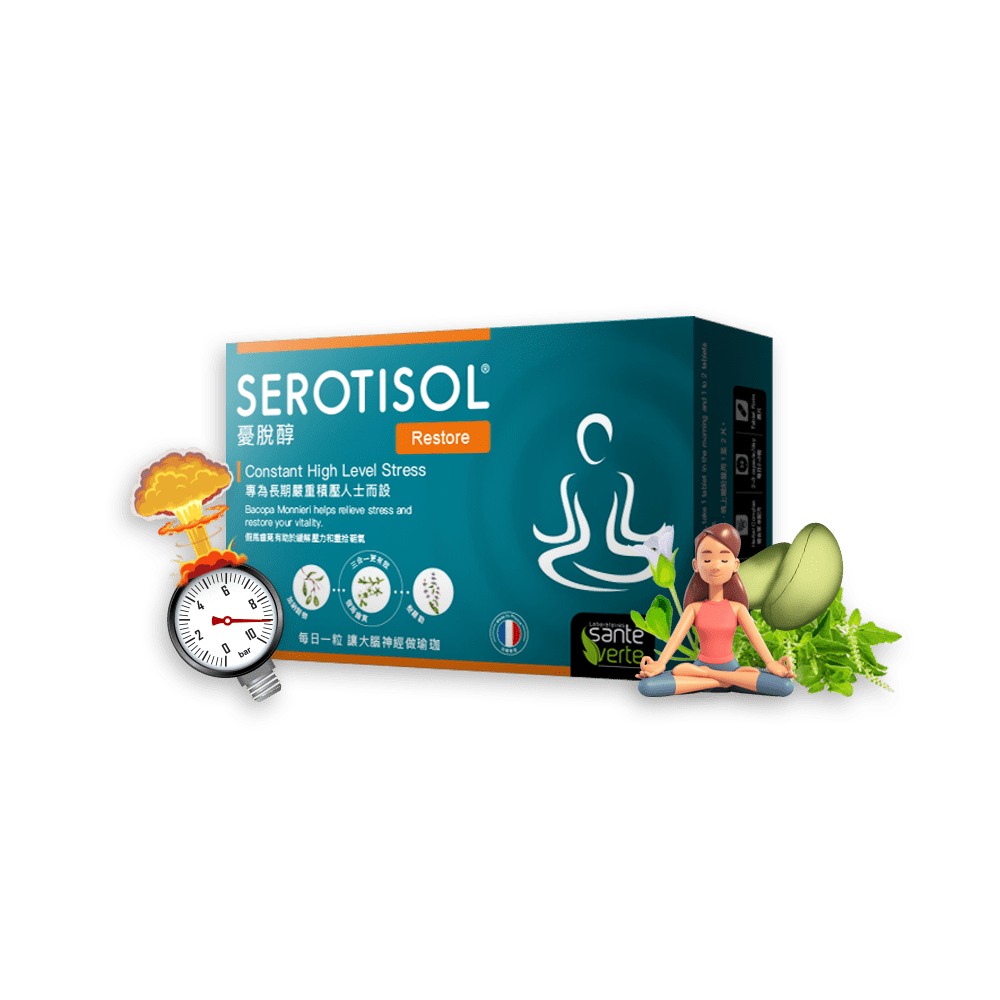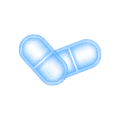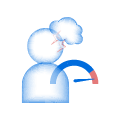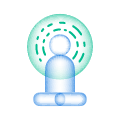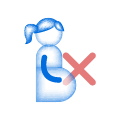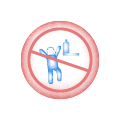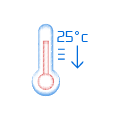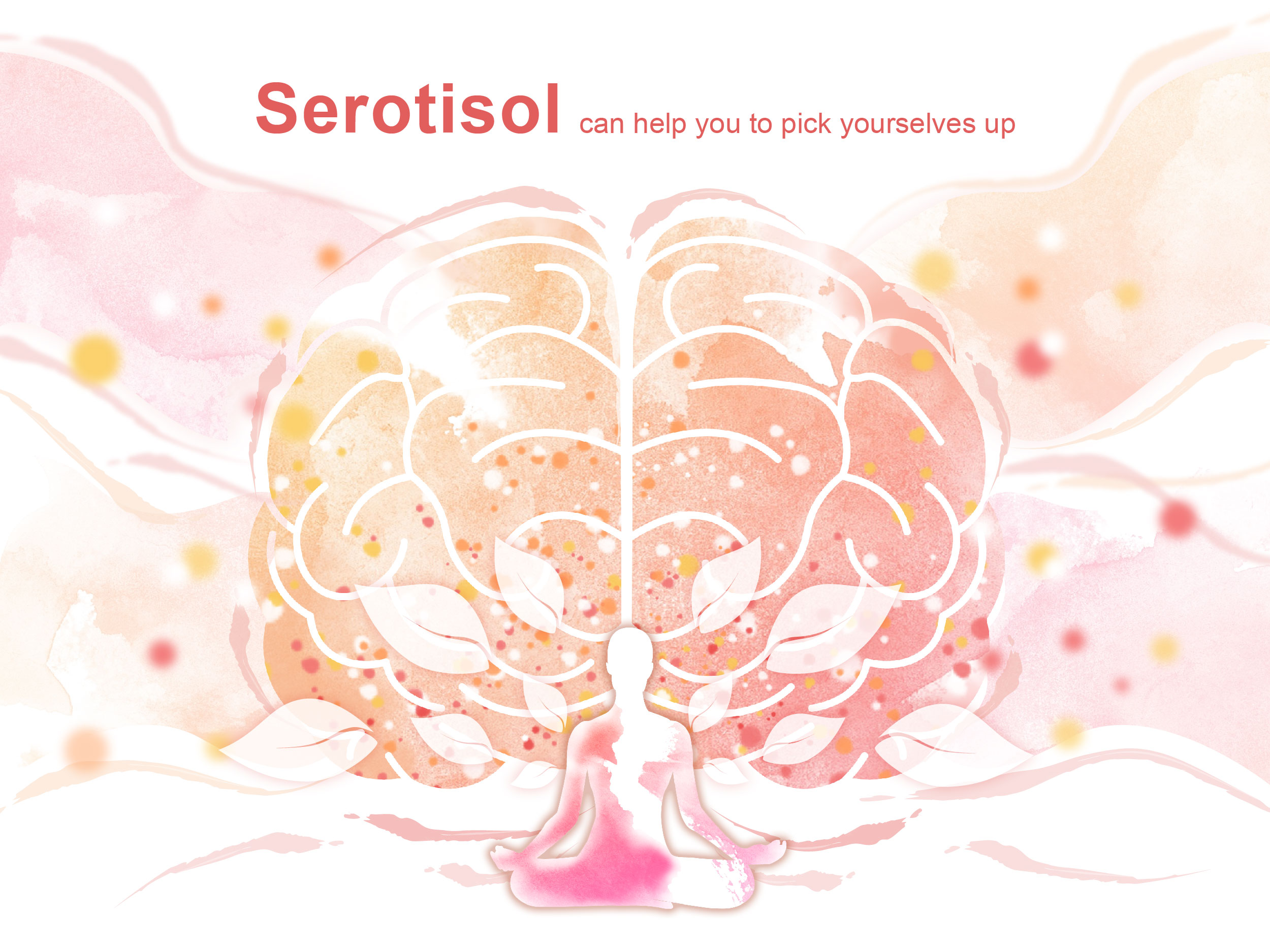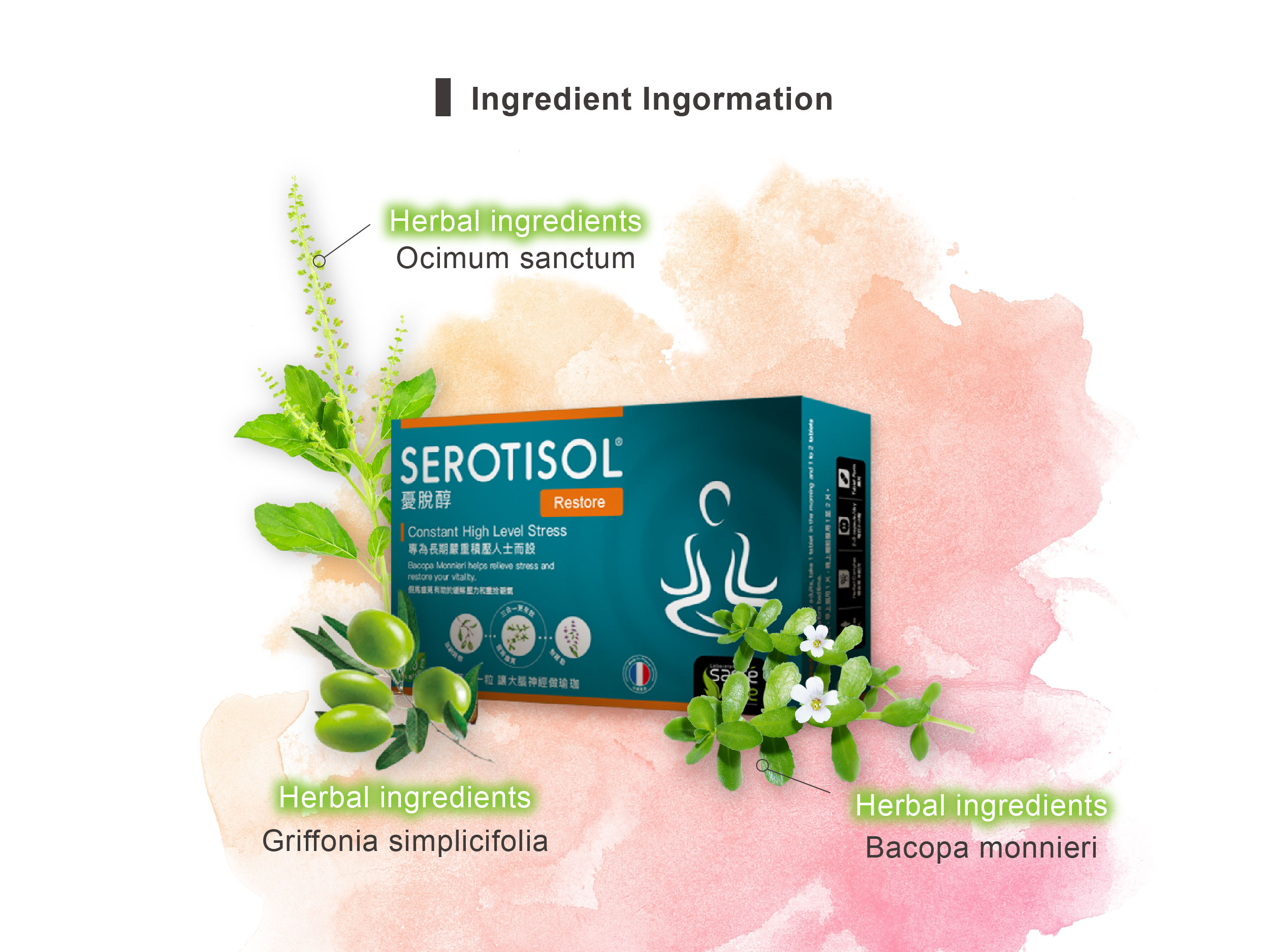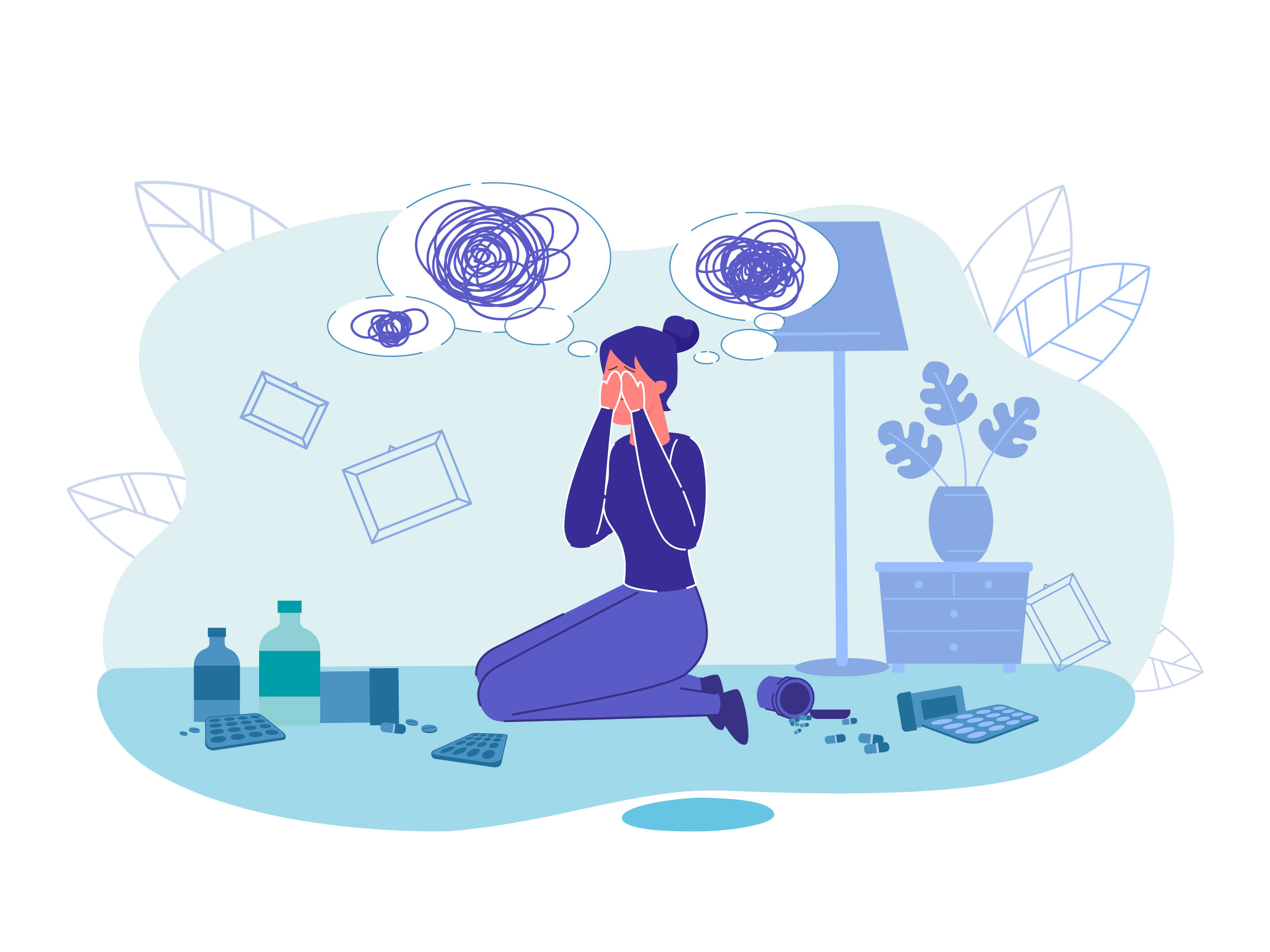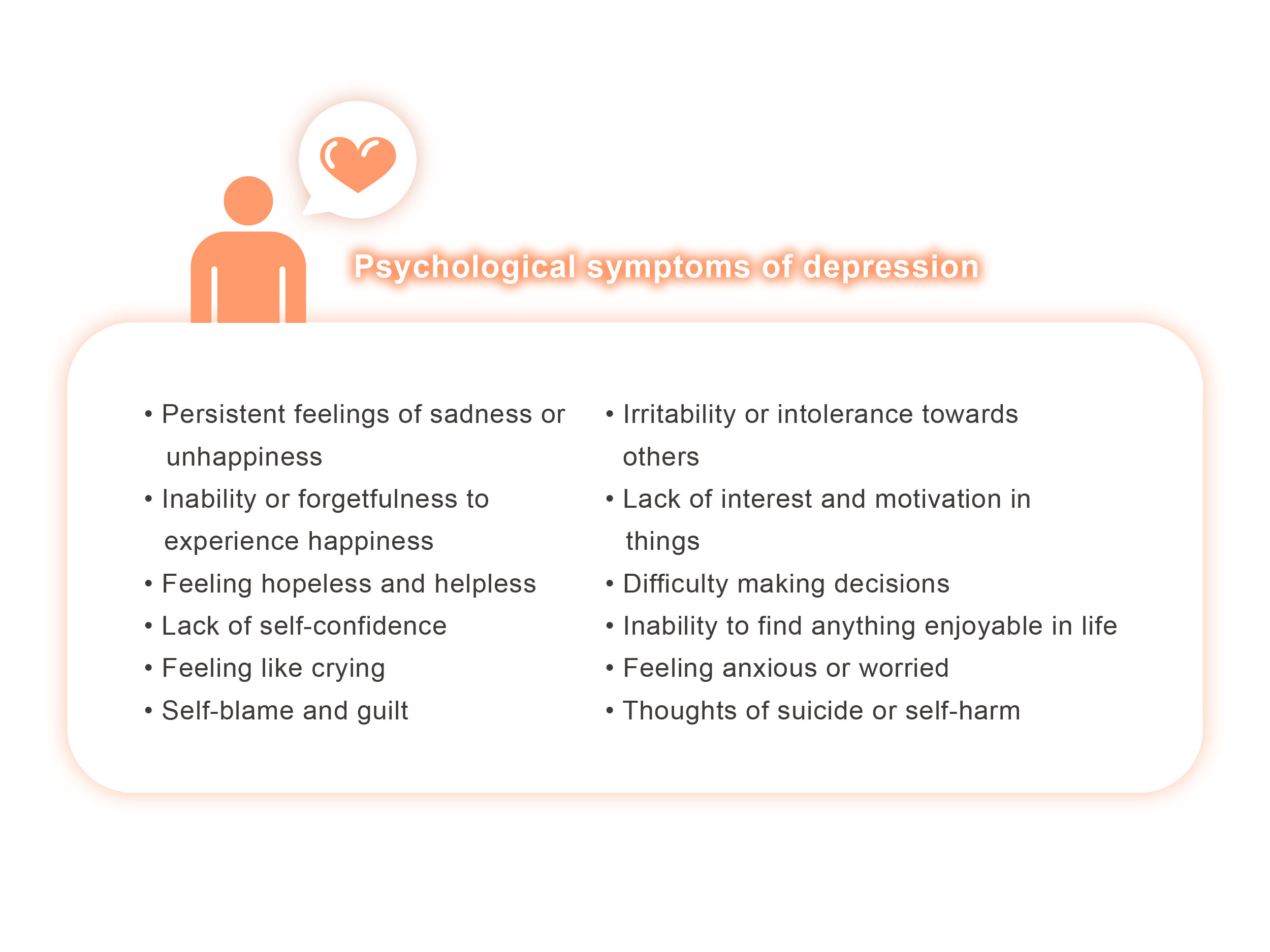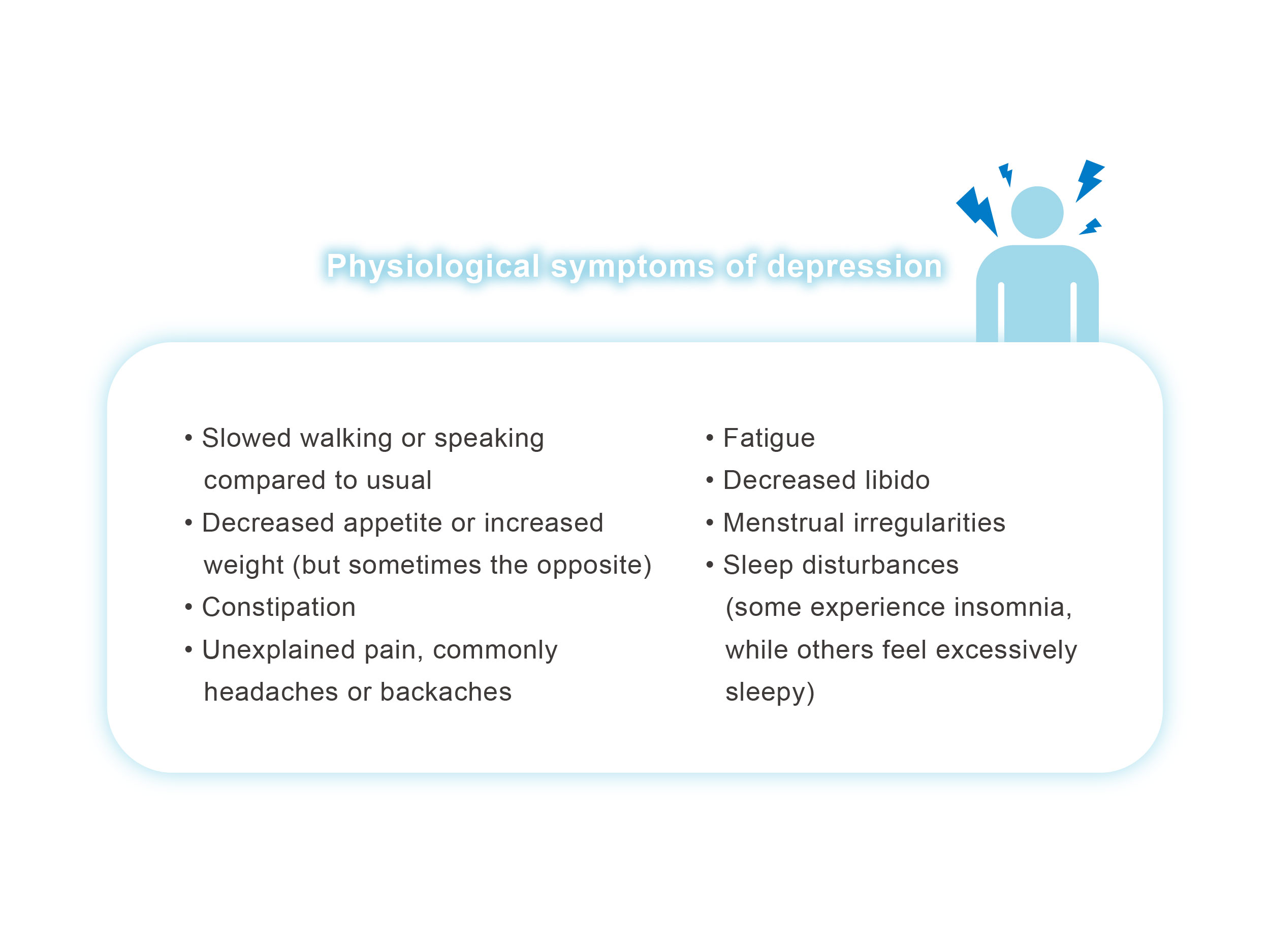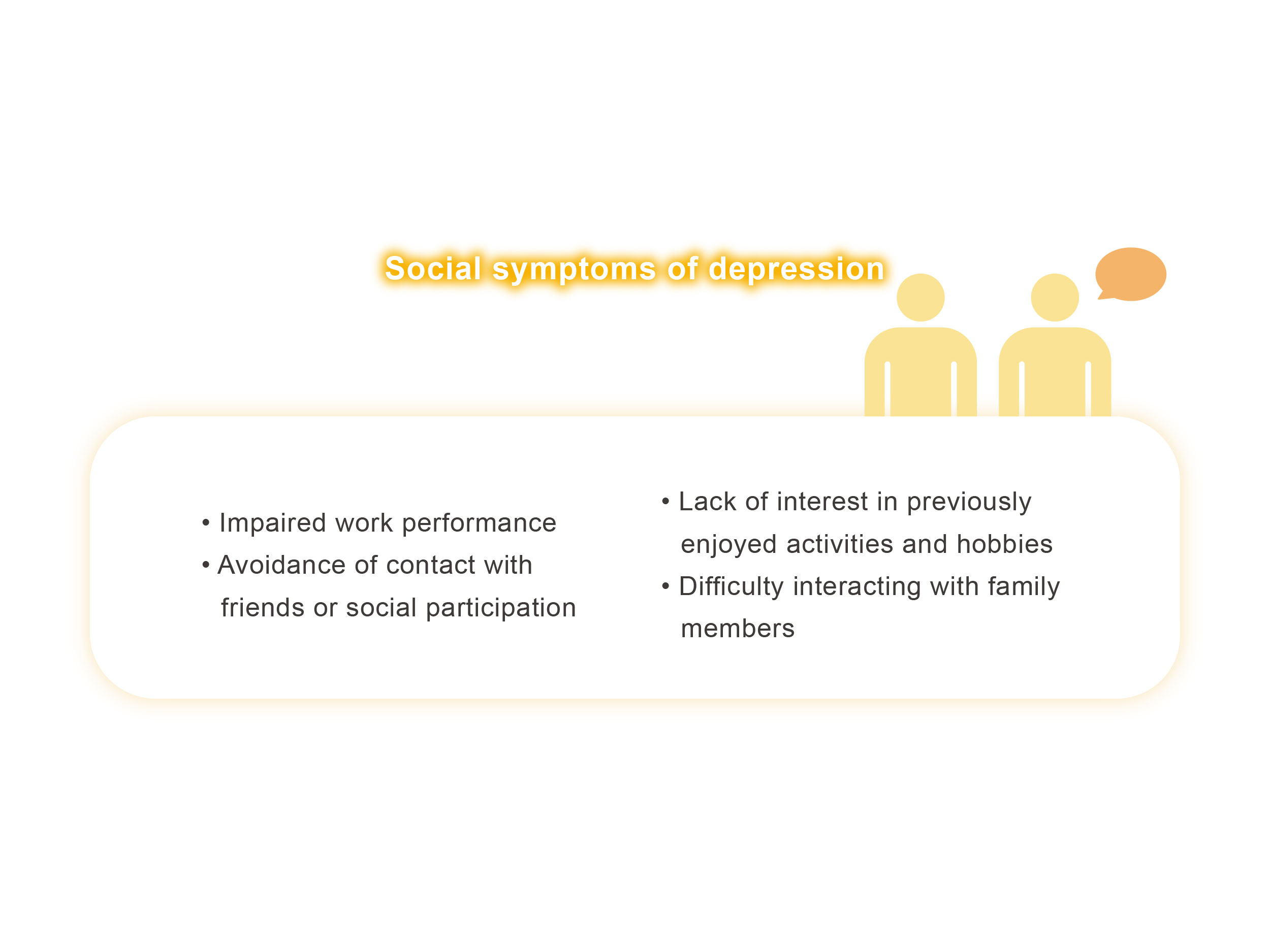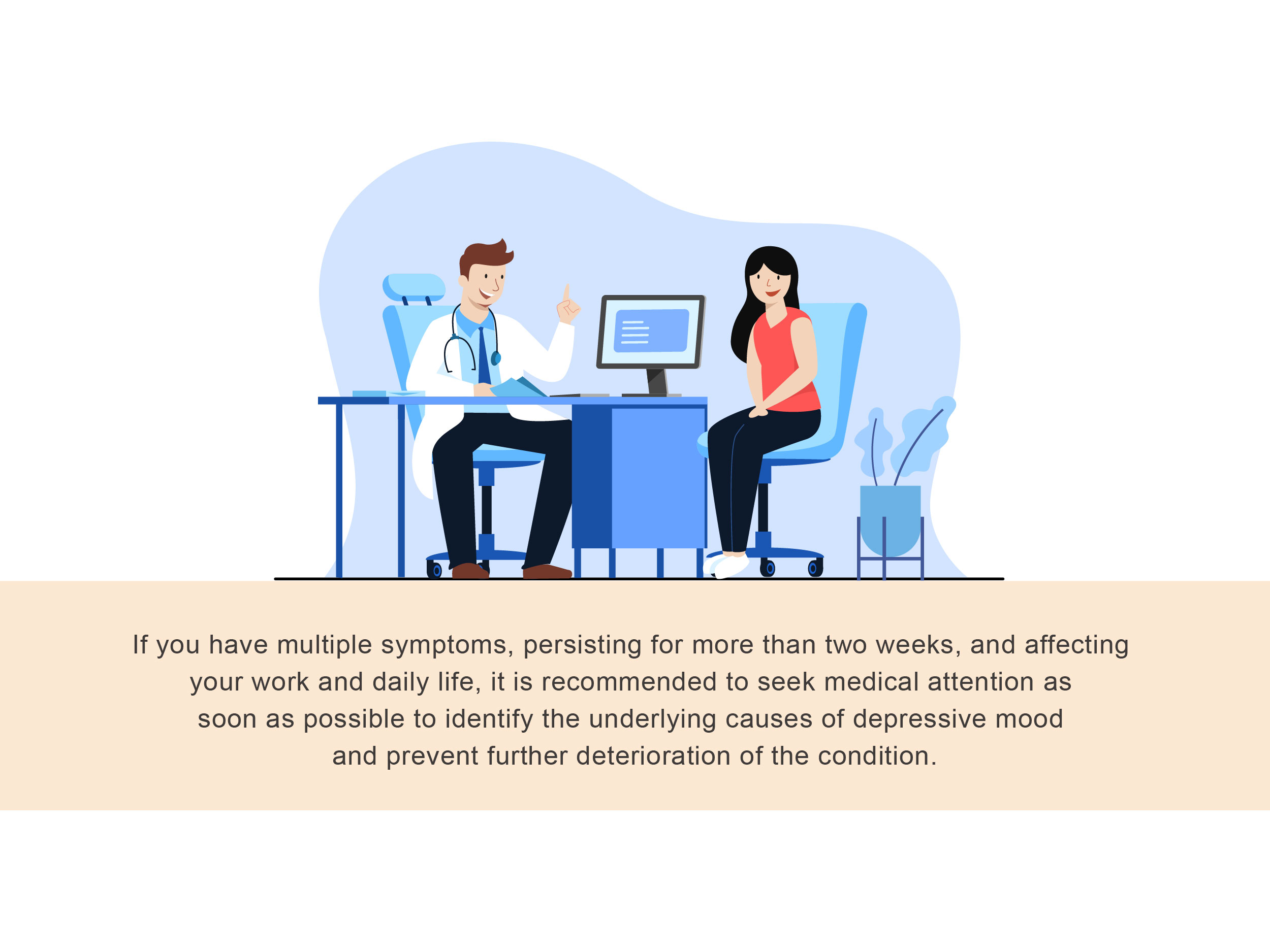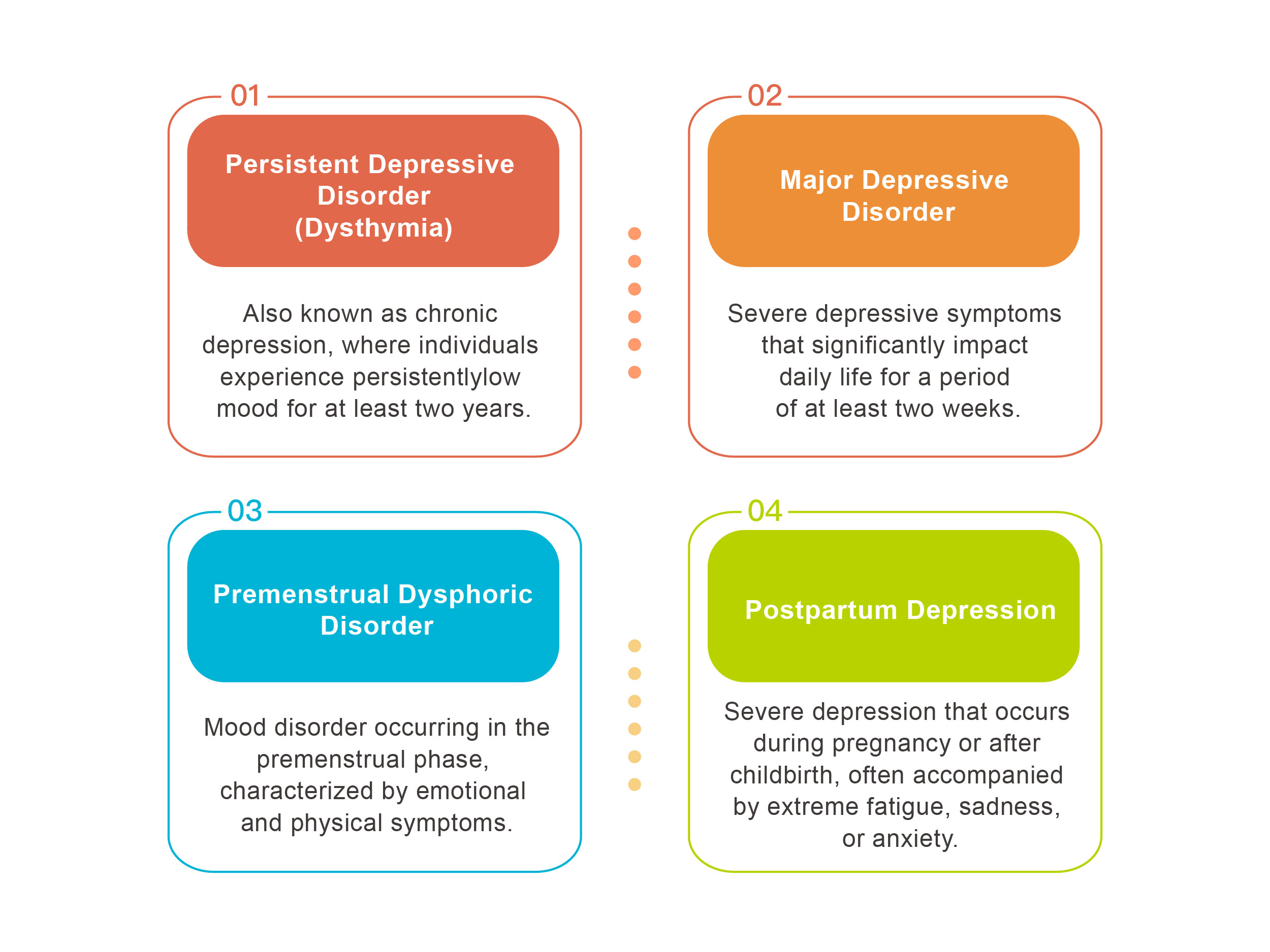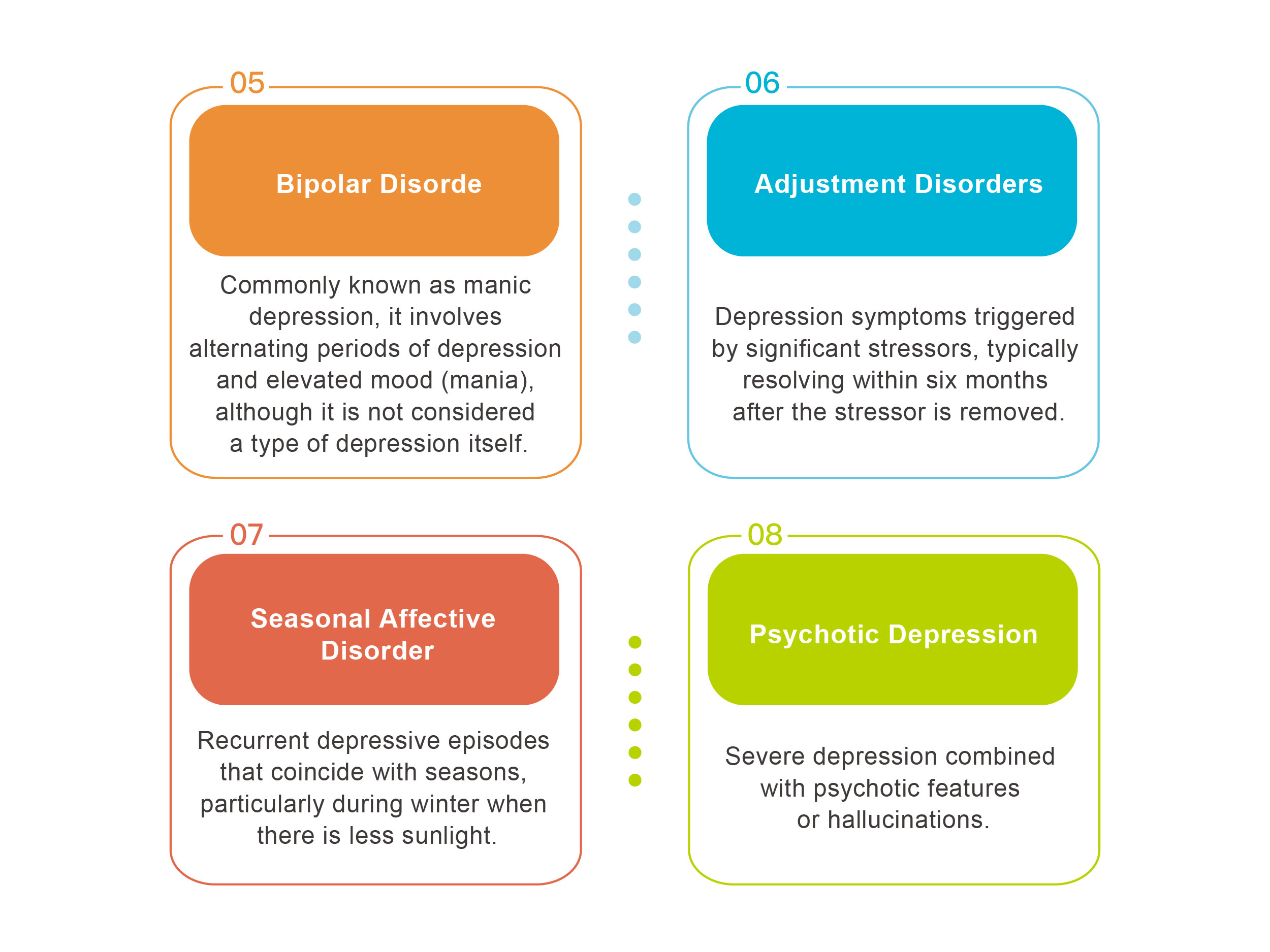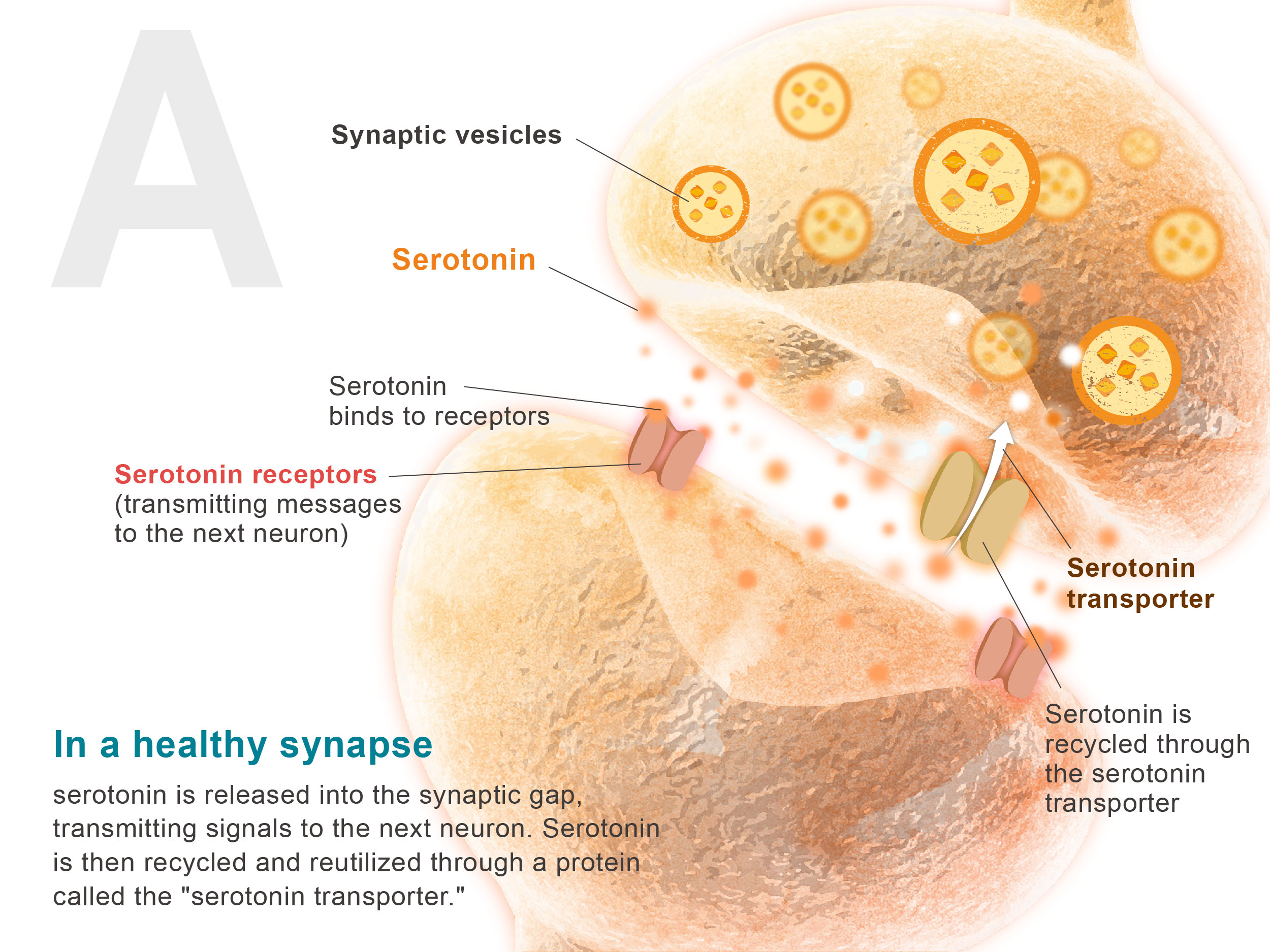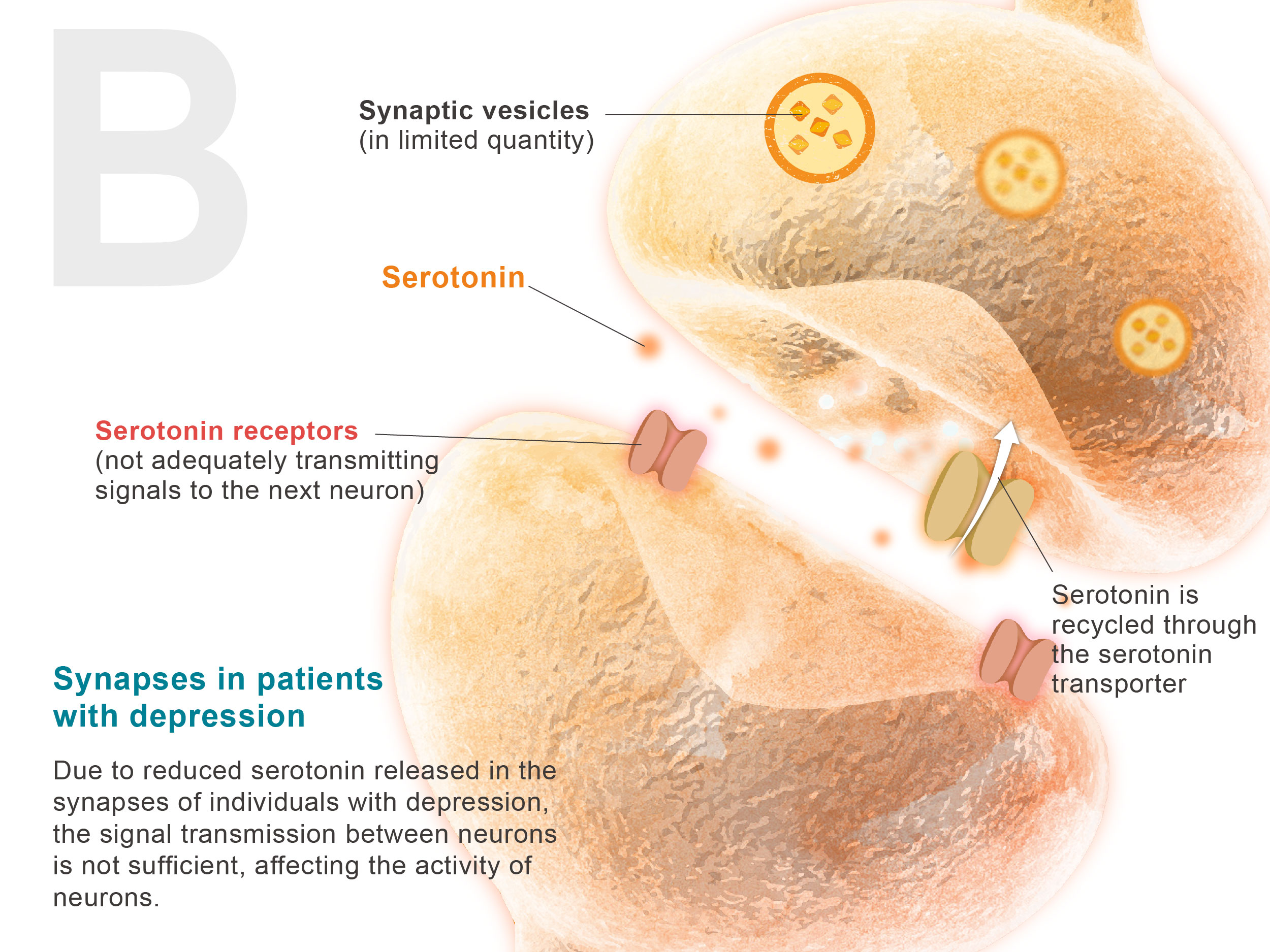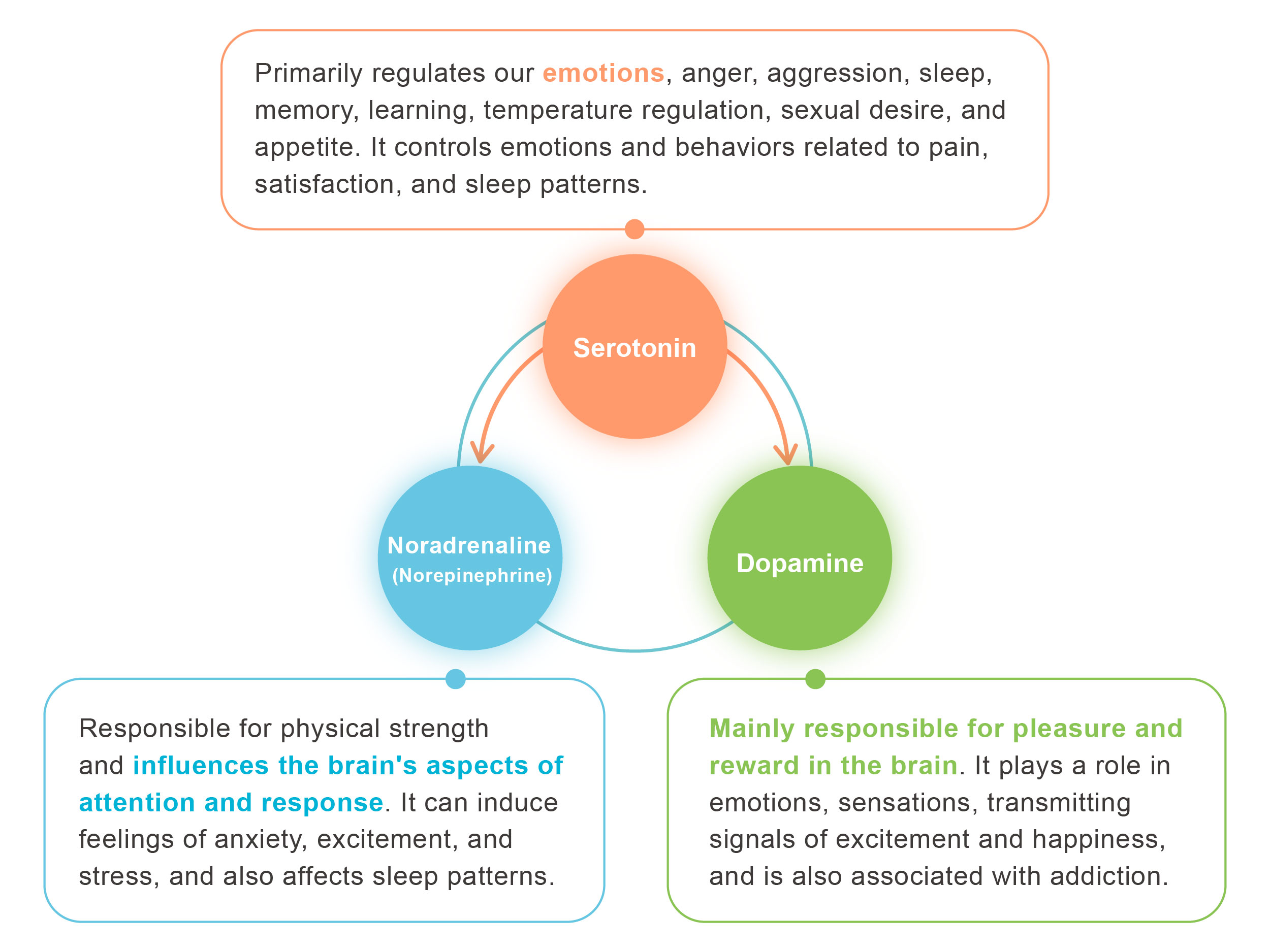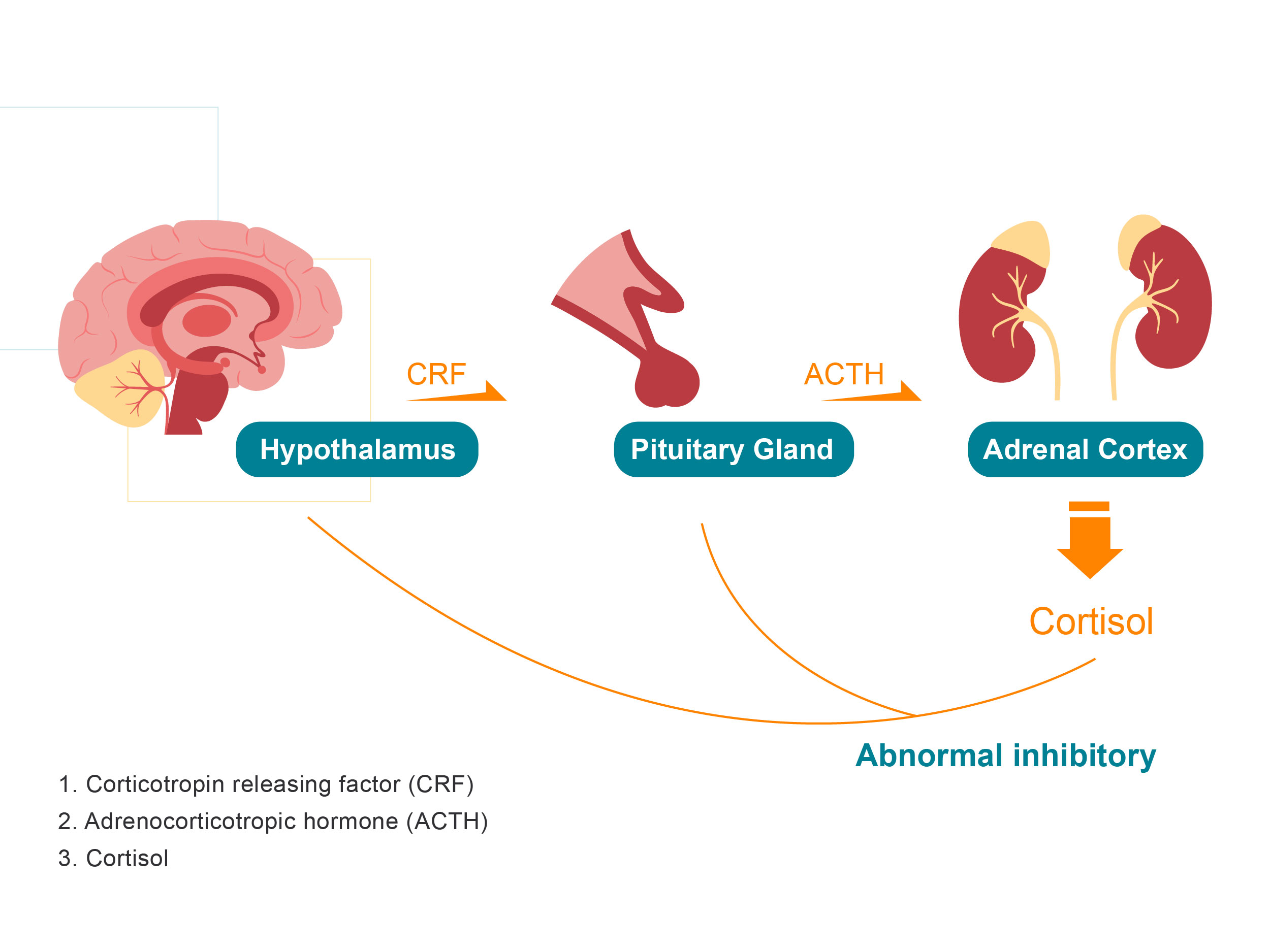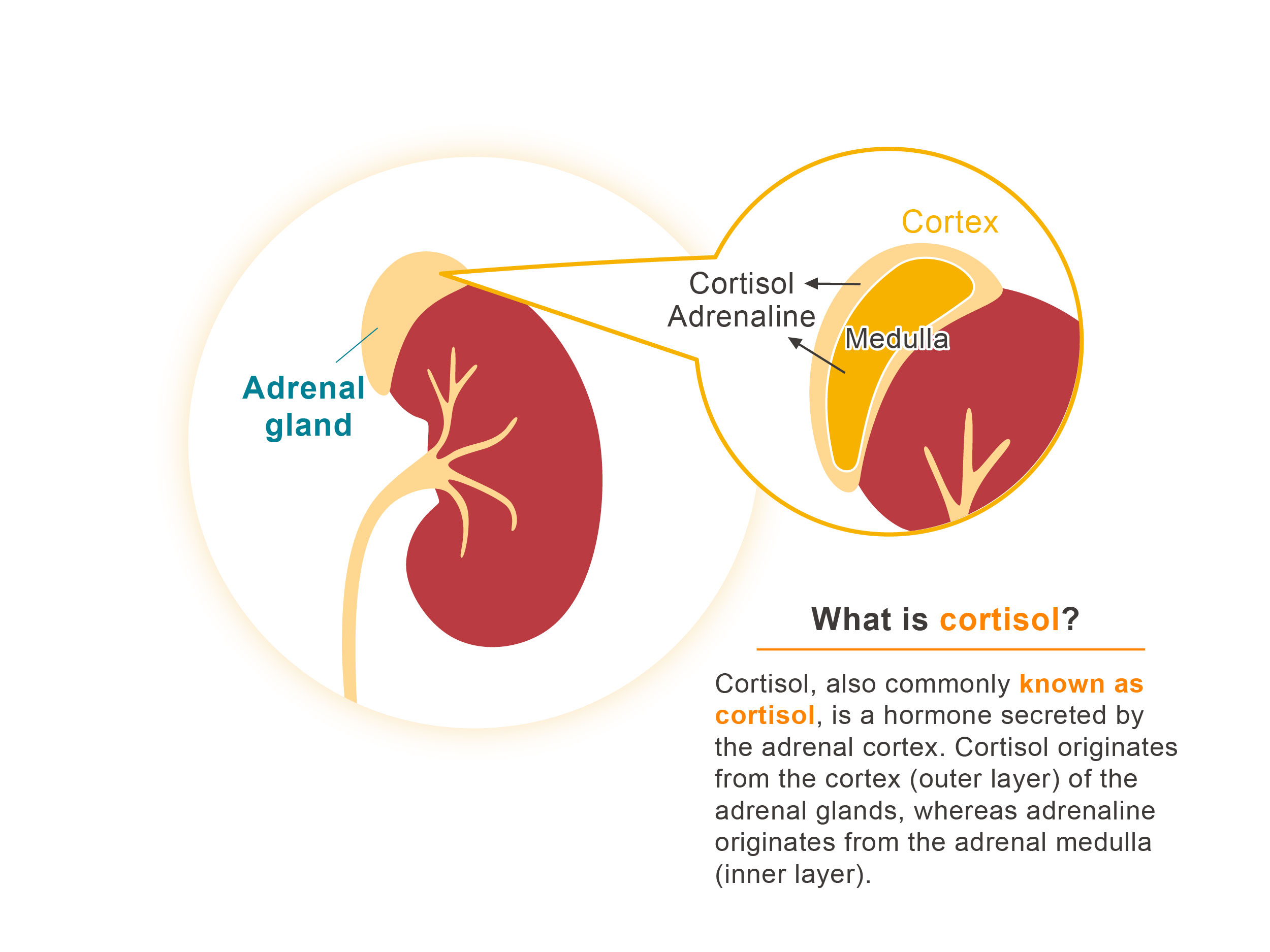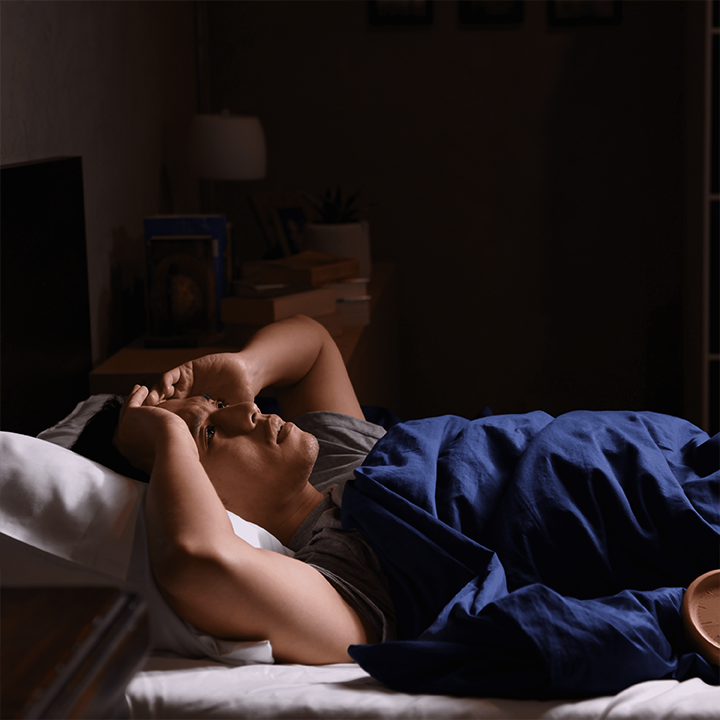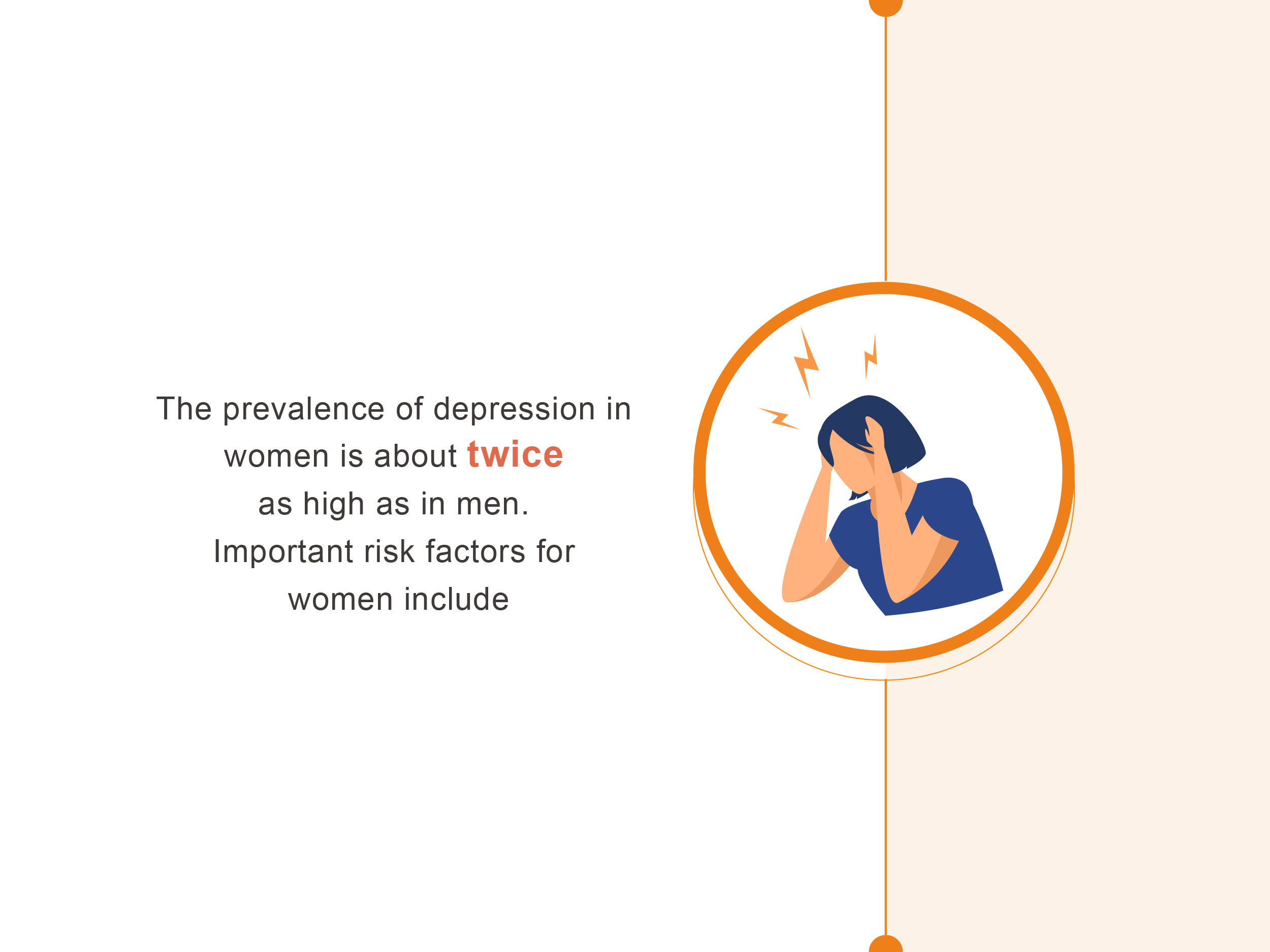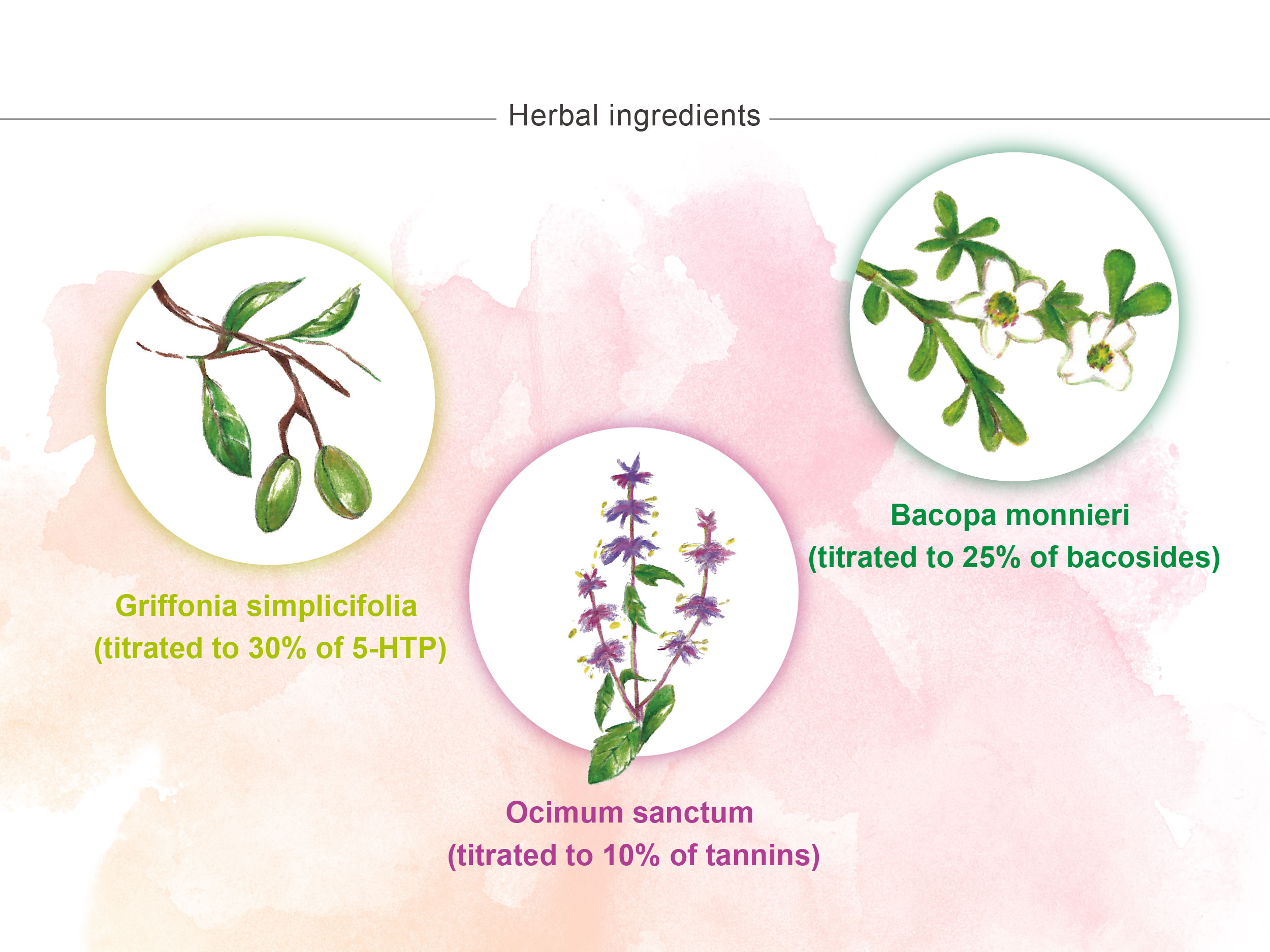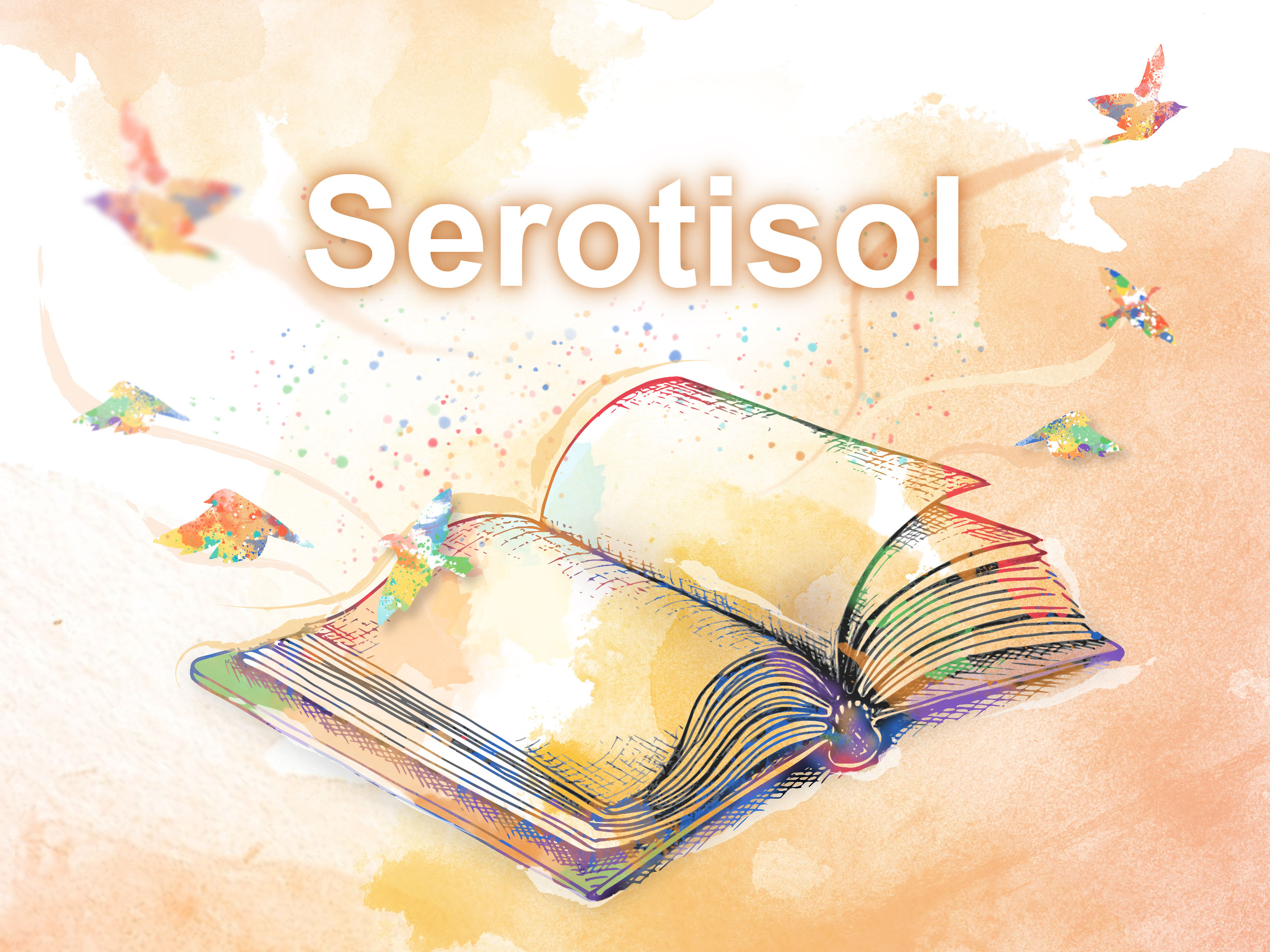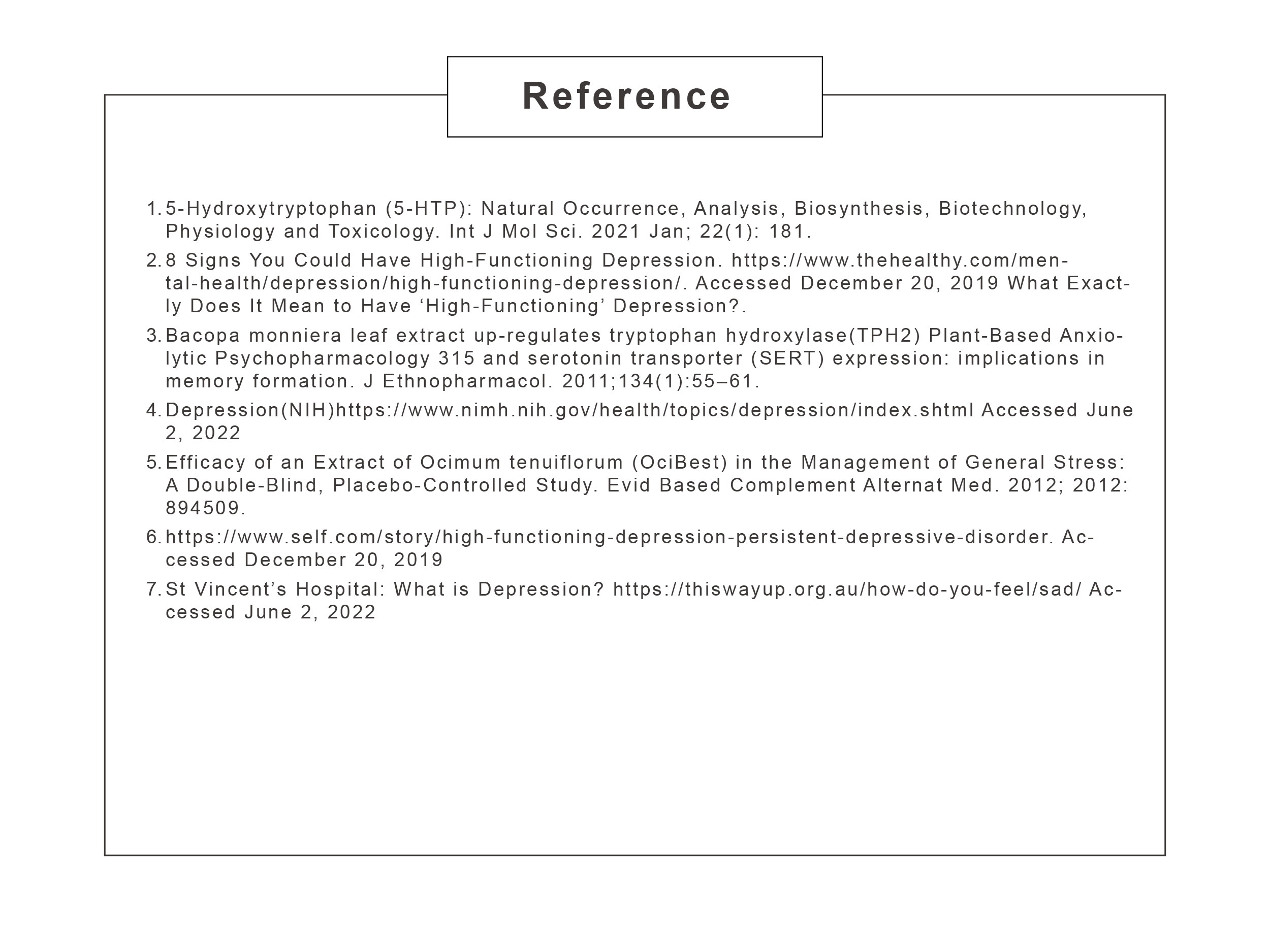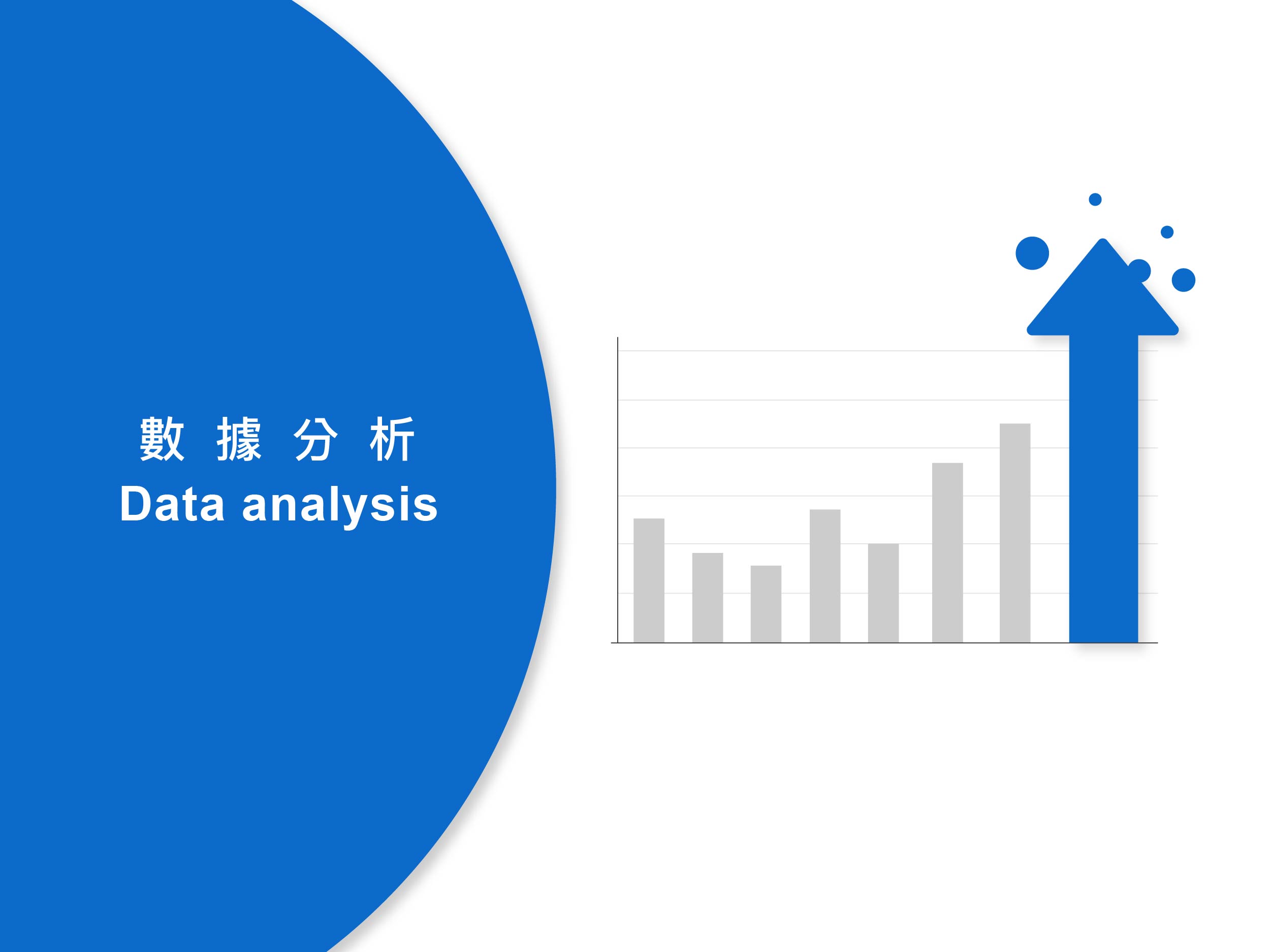SEROTISOL® Restore
by Sante Verte
IntroductionMedication Usage
Serotisol Restore
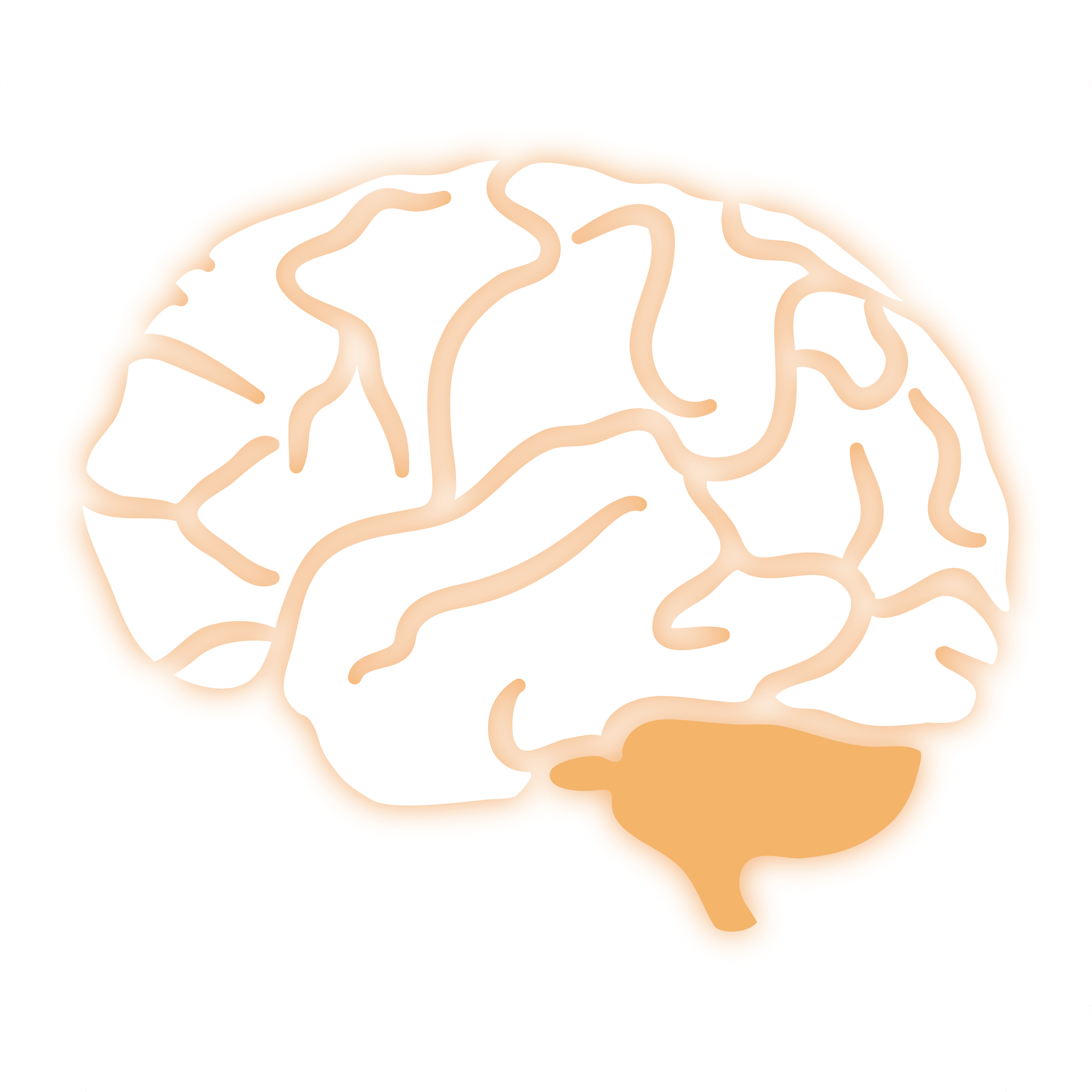
Depressive mood
is a psychosomatic disorder involving the neurological and neuroendocrine systems. From a physiological perspective, depression is a brain disorder caused by an imbalance of certain chemicals in the brain, which affects areas responsible for regulating emotions, including the amygdala, thalamus, and hippocampus, leading to various psychological symptoms.
– Depression is also influenced by psychological and social factors, as well as genetic predisposition. It cannot be attributed to a single cause.
– The two main pathological mechanisms of depression involve the automatic regulation of the central monoamine system in the brain and the HPA axis system.
Is depressive mood a common problem?
– According to statistics from the World Health Organization, depression will be the leading cause of disability worldwide by the year 2020. Therefore, whether from an individual, family, societal, or global perspective, we must take depression seriously.
– Many people who do not understand depressive mood often believe that individuals with depression are “overthinking,” “mentally weak,” or “lack resilience.” They may even suspect that their psychological and physiological symptoms are feigned. However, this is far from the truth. Depression is a genuine illness that is accompanied by physical and mental symptoms. The societal labeling and stigmatization of depression prevent many individuals from seeking medical advice or help. In reality, with proper treatment and sufficient support from family, friends, and society, the majority of individuals with depression can experience significant improvement and even full recovery.
Symptoms faced by patients with depression
Depression symptoms can be classified into three categories:
When should you seek medical attention?
Causes of depressive mood
The exact causes of depression have not been fully elucidated, but physiological and social factors can both contribute to its development. Here are a few examples of stressors that can cause anxiety:
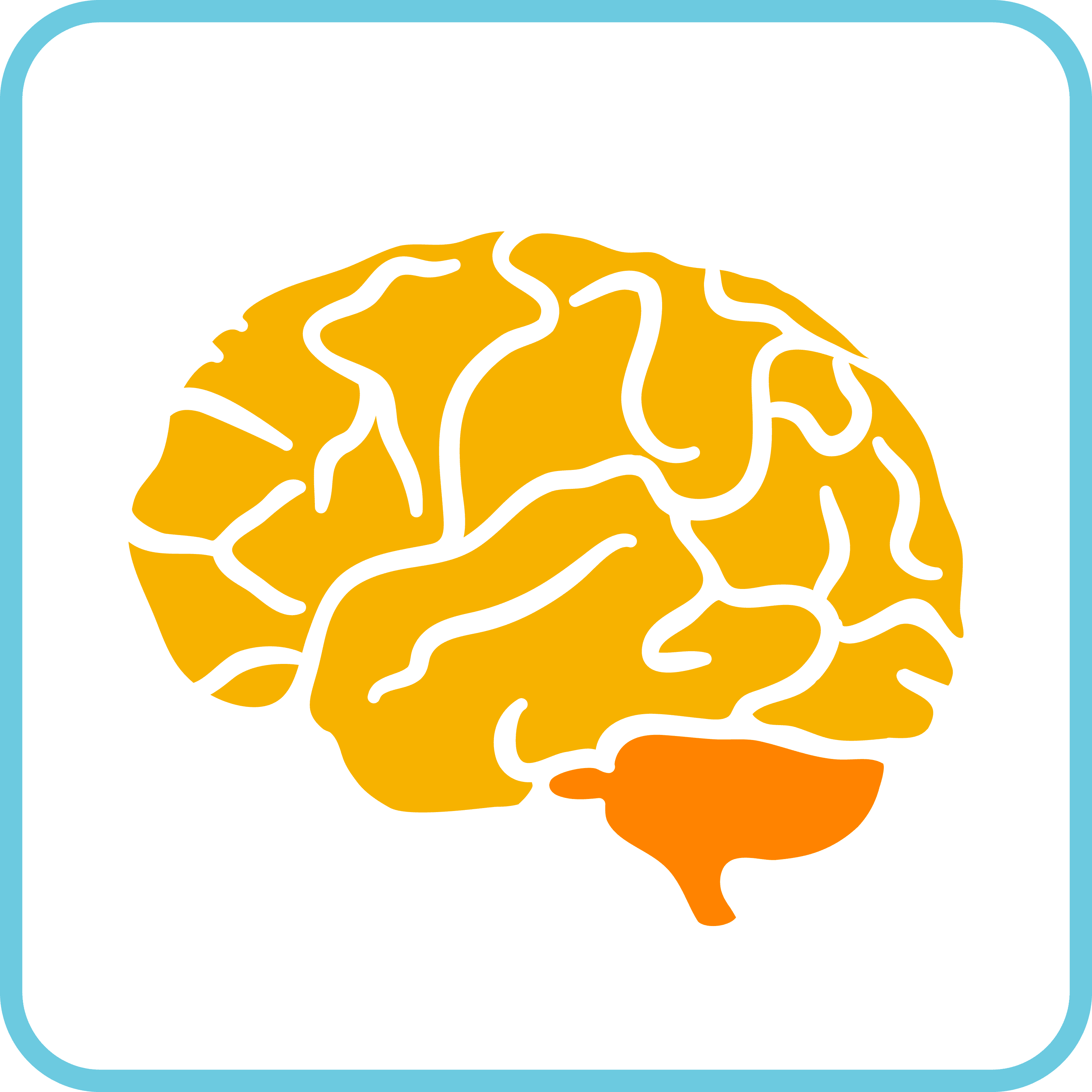
Influence of physiological structures:
Imaging studies have revealed certain structural changes in the brains of individuals with depression, but the precise impact of these changes is not yet fully understood.
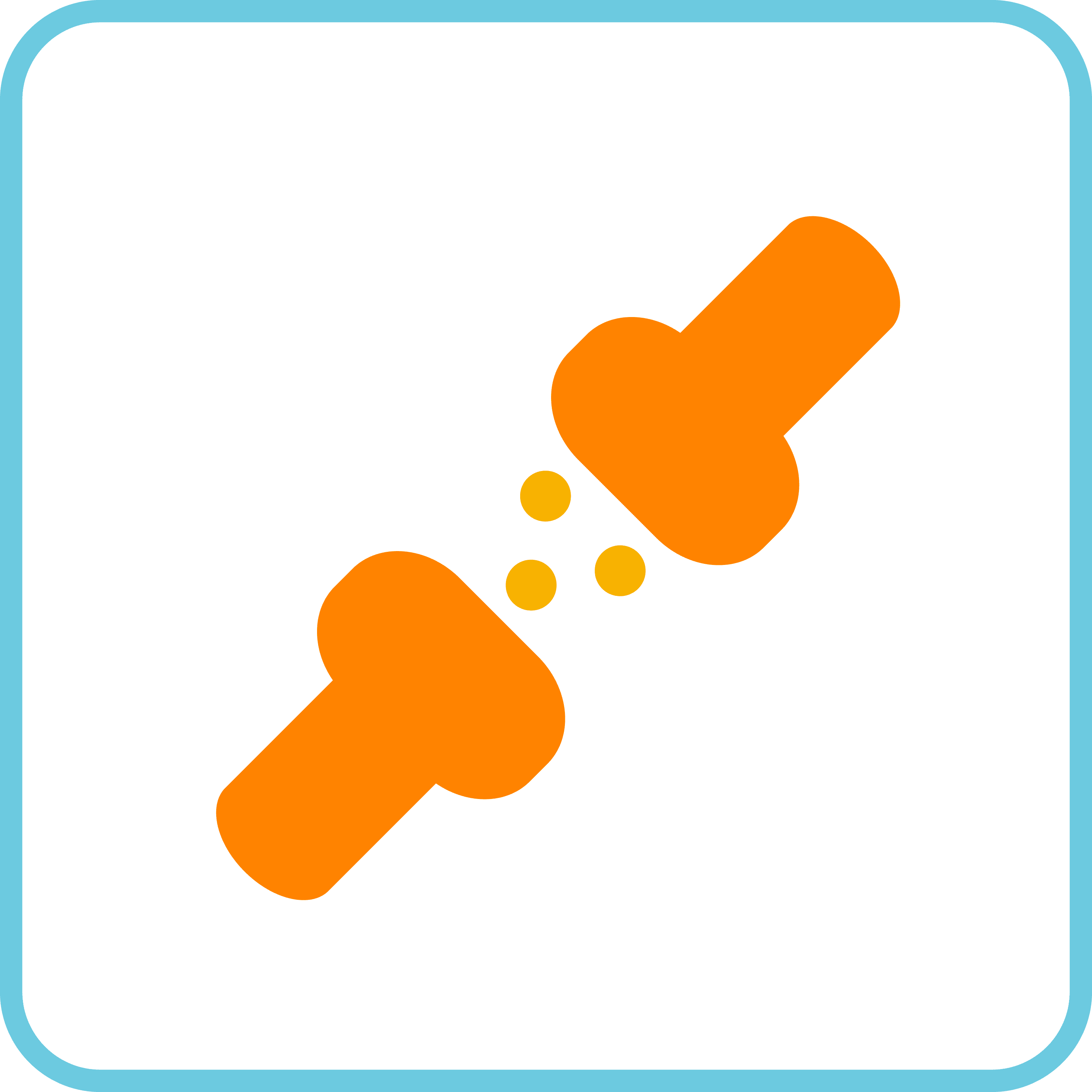
Brain chemicals:
The brain contains numerous neurotransmitters, such as serotonin, which is associated with happiness, and dopamine, which is related to focus and impulse control. Imbalances in these chemicals can contribute to the development of depression.
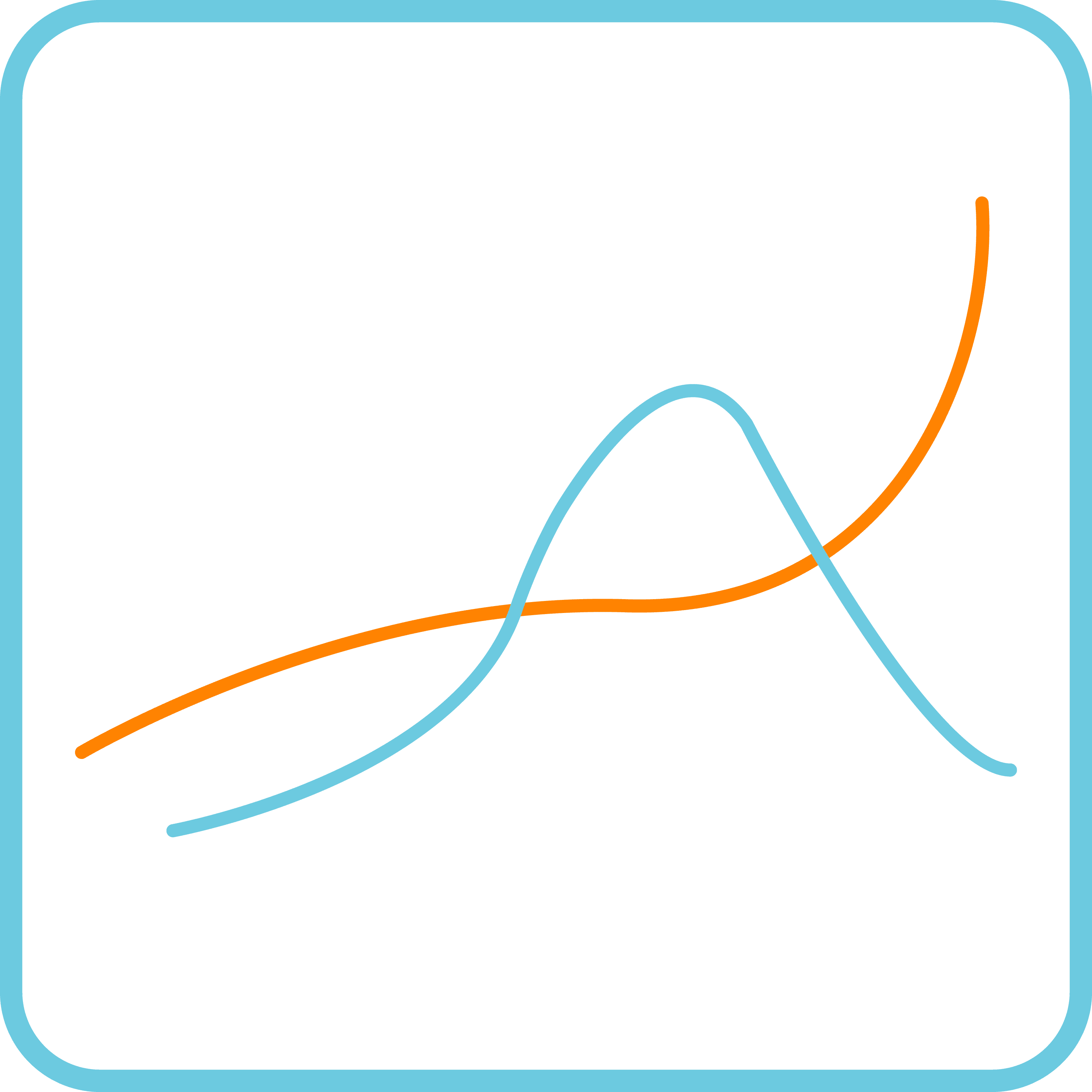
Hormonal influence:
Hormonal changes can be linked to depression. Many women experience postpartum depression following childbirth, and some individuals with hypothyroidism or women going through perimenopause are more prone to depression.
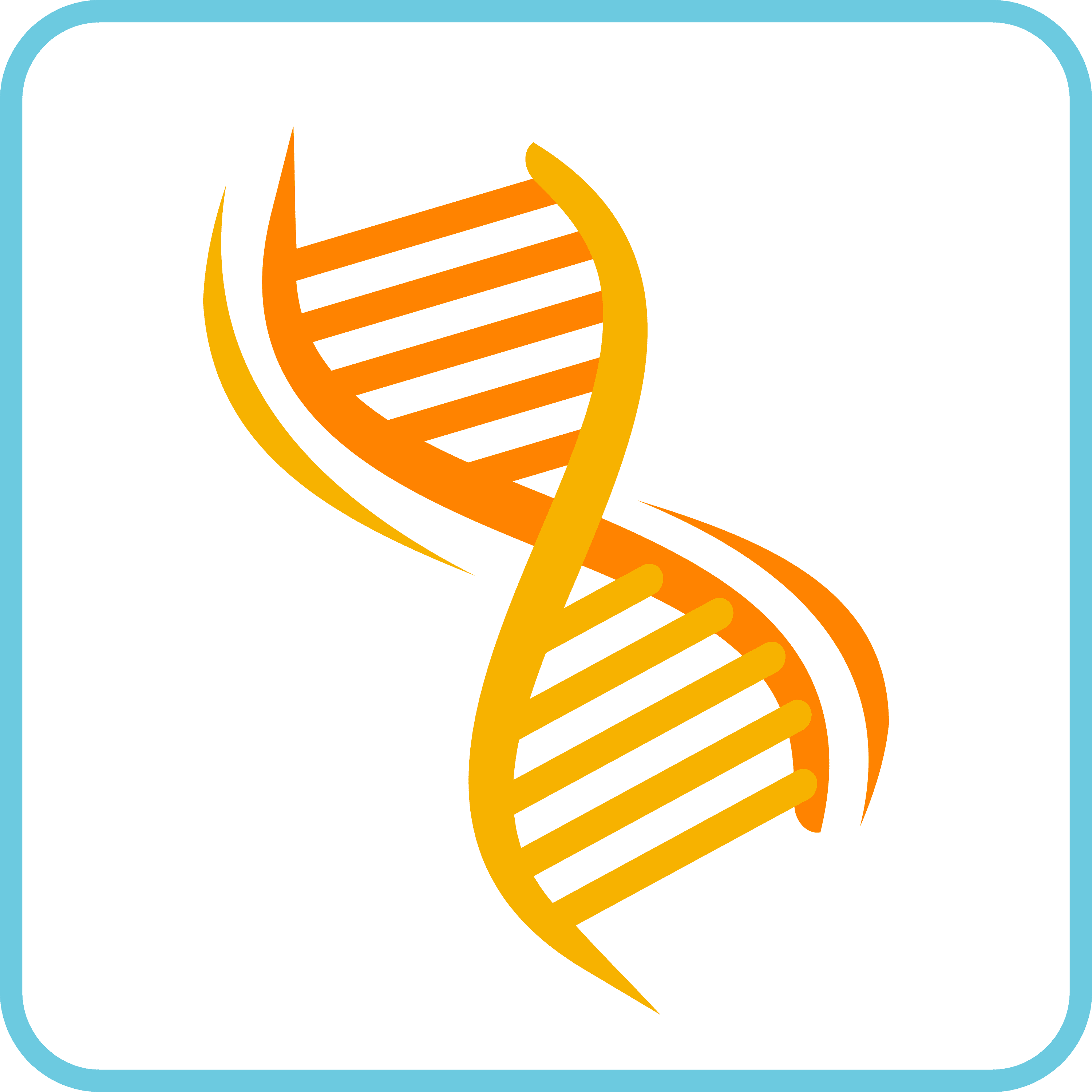
Genetic factors:
There is a genetic predisposition to depression, and researchers are studying specific genes and their impact on the development of depression.
Types of depression
Depression is not a single condition, and it can be classified into the following eight types based on different manifestations and influencing factors:
The main unbalances in depressive mood involve two major systems
1.Central Monoamine System of the Brain:
Monoamines are neurotransmitters and neuromodulators, including dopamine, norepinephrine, and serotonin. These monoamines are derived from amino acids such as phenylalanine, tyrosine, and tryptophan.They are metabolized by an enzyme called monoamine oxidase, which breaks down amines. The central monoamine system is a network of neurons that use monoamine neurotransmitters and are involved in regulating emotions, arousal, and certain types of memory processes.Antidepressant medications work by increasing the levels of these substances between brain neurons (synapses) or directly affecting receptors between neurons.
Among the monoamine neurotransmitters, serotonin (5-HT) is involved in modulating other neurotransmitter systems. Reduced 5-HT activity can lead to dysregulation of these systems. Therefore, when serotonin levels are lowered, it can result in decreased norepinephrine (NE) levels, contributing to feelings of depression.
The three main hormones that make the brain happy
– When emotional fluctuations are too extreme and cause sympathetic nervous system overactivity, it can lead to unstable levels of hormones such as noradrenaline, dopamine, and serotonin.
– Excessive secretion of noradrenaline can cause excessive emotional tension.
– Overproduction of dopamine can result in sustained mental overexcitation.
– The key to maintaining a balance of noradrenaline and dopamine is the happy hormone, “serotonin.”
– Sufficient serotonin helps balance dopamine and noradrenaline, promotes emotional relaxation, mental stability, and ensures adequate secretion of melatonin at night, thus improving sleep quality.
2.HPA axis system
The full name of the HPA axis system is “Hypothalamic-Pituitary-Adrenocortical Axis (HPA Axis)”.
The HPA axis system originates from the hypothalamus, which secretes Corticotropin-Releasing Factor (CRF), stimulating the pituitary gland to secrete Adrenocorticotropic Hormone (ACTH), which in turn stimulates the adrenal cortex to secrete corticosteroids, including cortisol. The system is regulated through inhibitory feedback from the hippocampus or directly on the hypothalamus and pituitary gland. Activation of the HPA axis system and impairment of its inhibitory feedback function are among the mediators of depression onset caused by environmental stress.
Abnormal inhibitory feedback
Research evidence shows that patients with depression exhibit diminished inhibitory feedback function of cortisol, leading to excessive HPA axis activity and sustained elevation of blood cortisol levels under physiological, psychological, or external stress conditions.
Furthermore, studies have confirmed that excessive central release of CRF is a driving source of heightened HPA axis activity in depression. Increased CRF release not only results in HPA axis hyperactivity but also predisposes the body to depressive symptoms such as anxiety, decreased appetite, reduced libido, and sleep disorders.
Abnormal Manifestations of High Cortisol Levels
– Cortisol regulates various functions within the body, so both excessively high and low levels can have an impact on the body.
– Elevated cortisol levels can lead to increased blood sugar, fat accumulation, decreased bone density, protein loss, thinning of the skin, decreased levels of male and female hormones, weakened immune system, inflammation of sebaceous glands, heightened tension, insomnia, and thereby increase the risk of abnormalities such as diabetes, cardiovascular diseases, osteoporosis, and infertility.
– Individuals with high cortisol levels may exhibit a swollen appearance, particularly in the cheeks, chin, the back of the neck, and the abdomen. They may often have a round face, buffalo hump, and display a central-type obesity.
Sincerely recommended for those who frequently face the following situations
High-risk individuals for depressive mood
1.Female sex hormones can influence neurotransmitters, especially during menopause, leading to changes in women’s emotional responses to life stressors and a higher occurrence of depressive symptoms.
2.Women’s HPA axis system is more sensitive to stress compared to men, and hormonal fluctuations during the menstrual cycle can lead to an imbalance in plasma cortisol levels, making women more prone to developing depression.
Other factors that can contribute to depression include:
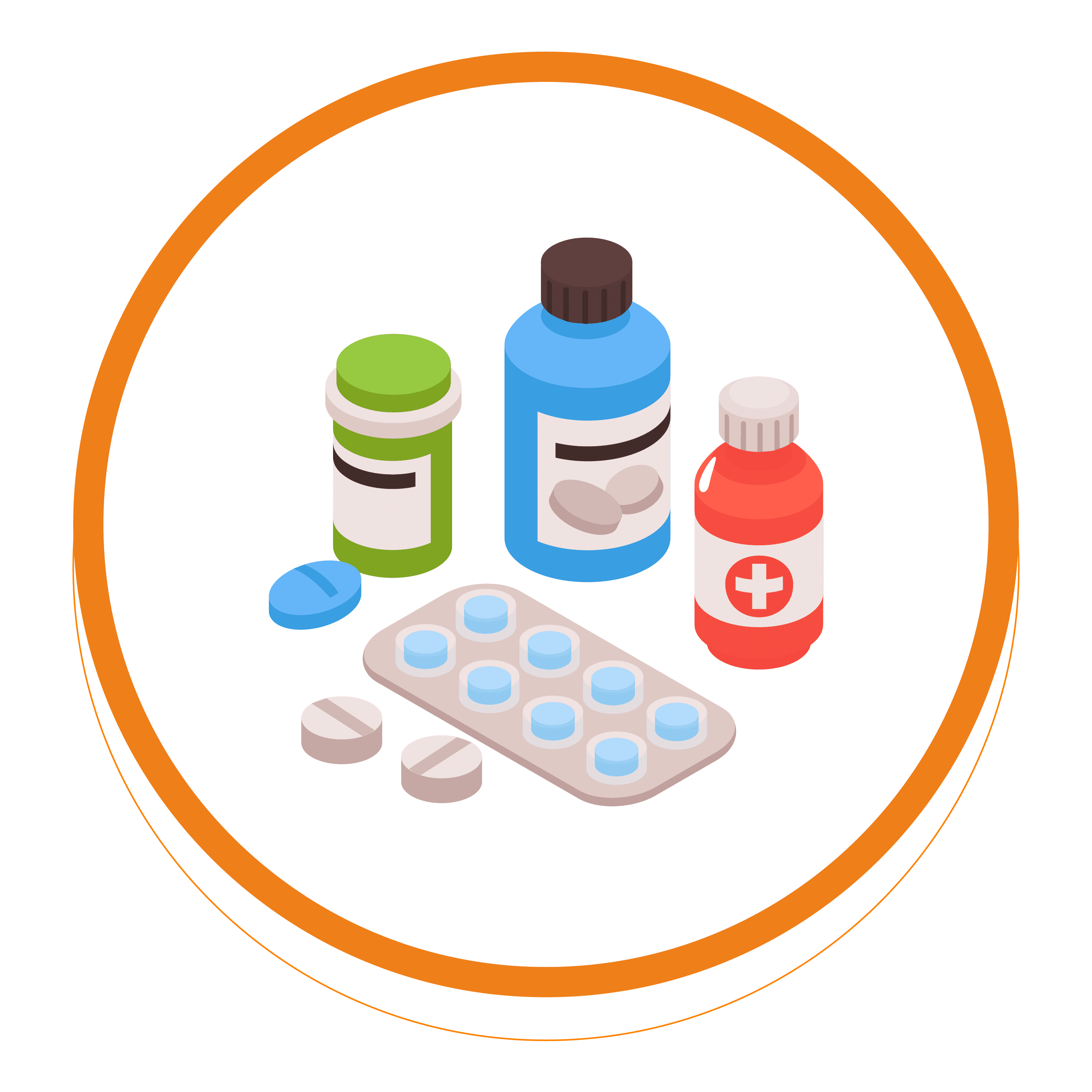
Medications
such as antihypertensives or corticosteroids
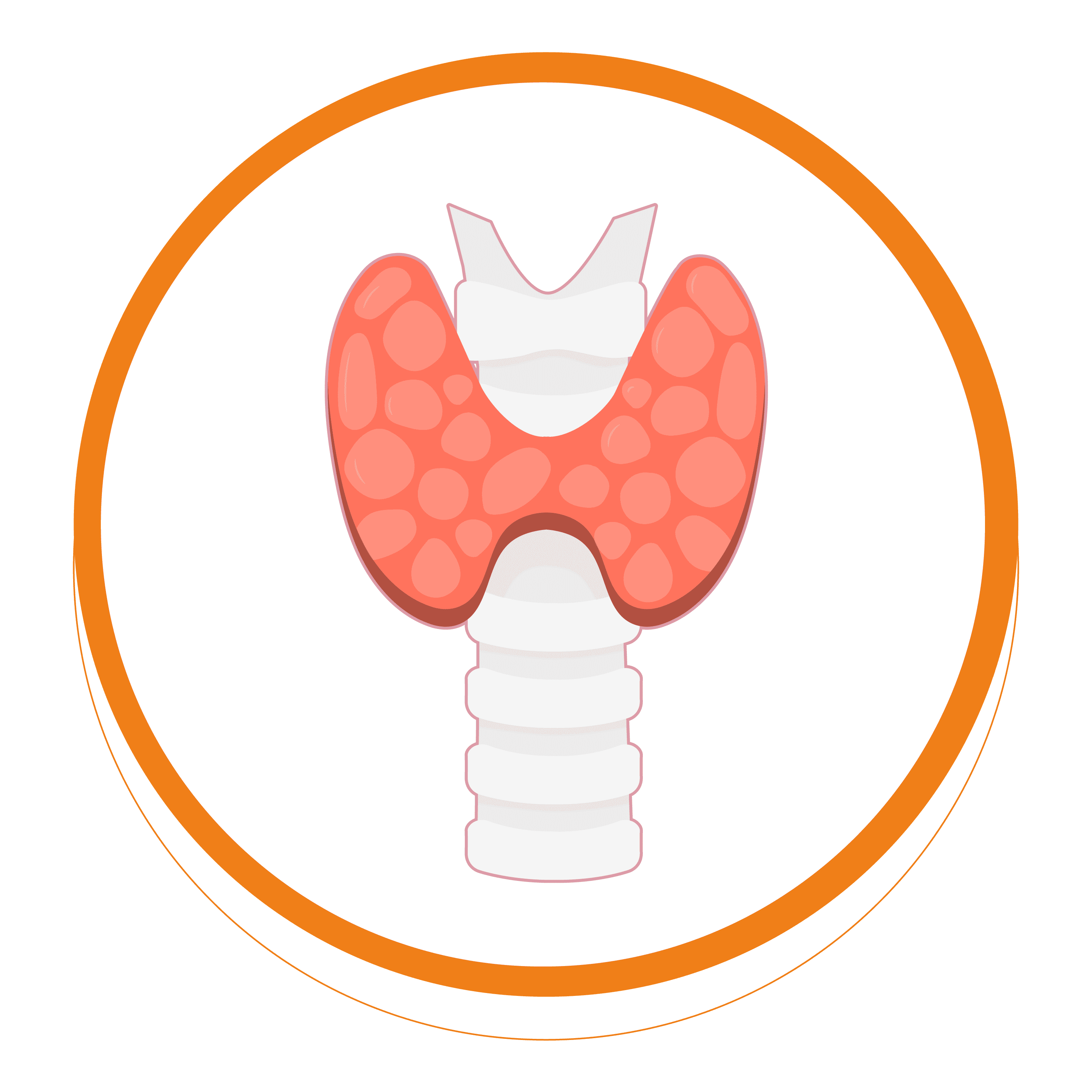
Hormonal imbalances
such as hypothyroidism
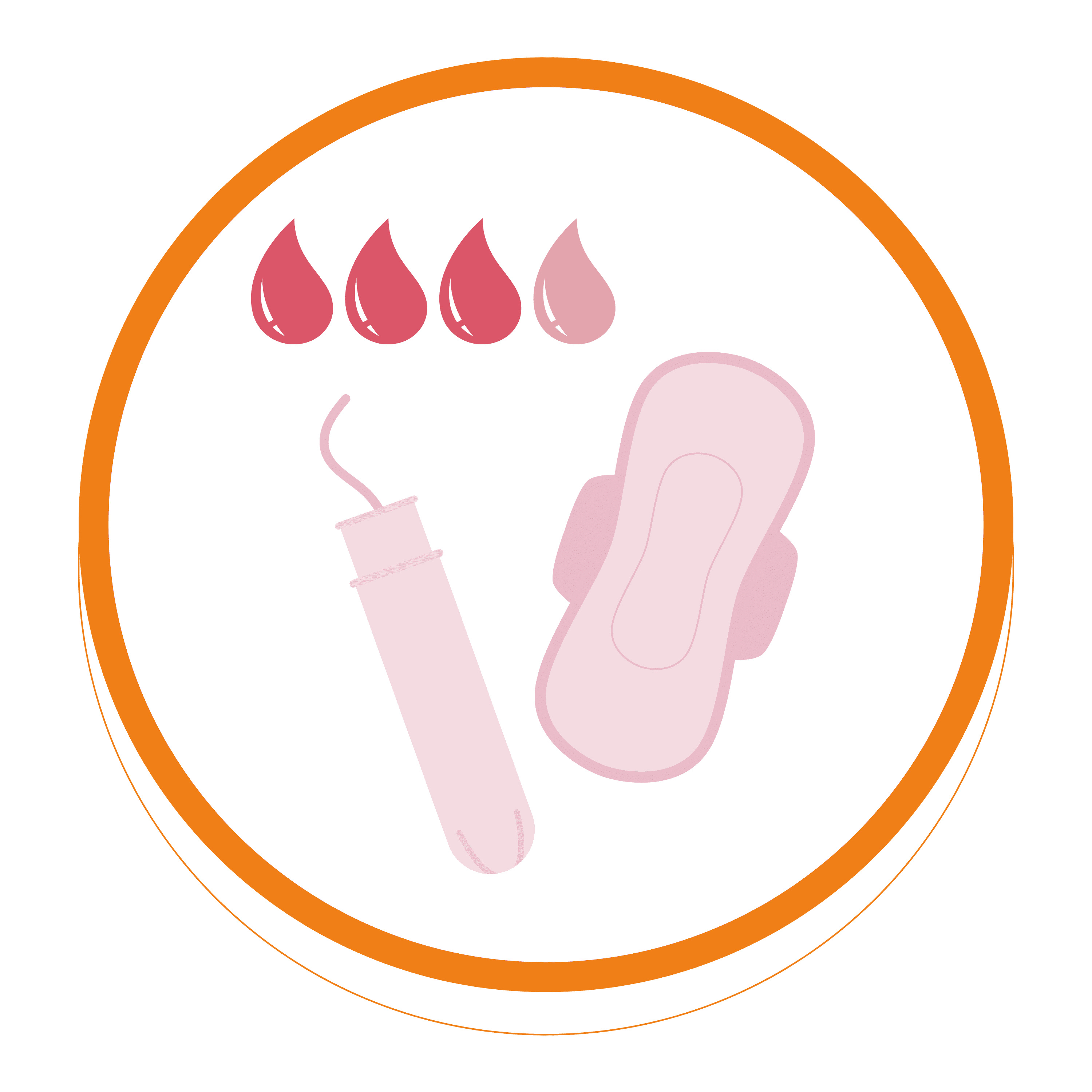
Women during premenstrual, postpartum, and postmenopausal periods
often experience depressive moods
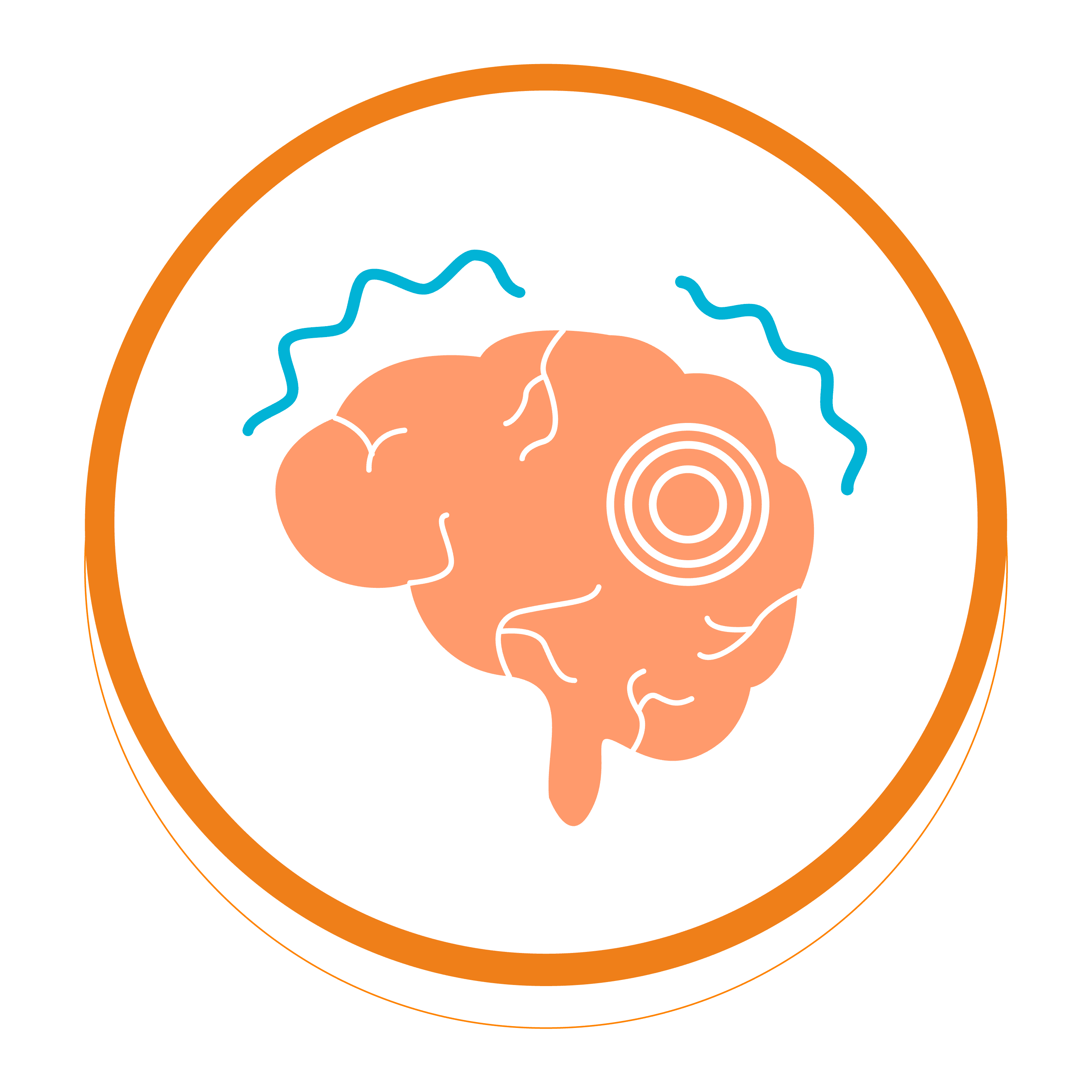
Brain injuries, stroke
(cerebral infarction or hemorrhage), or brain tumors, etc
Introduction of the ingredients
Herbal ingredients
1.Griffonia simplicifolia (titrated to 30% of 5-HTP)
Griffonia simplicifolia contain 5-Hydroxytryptophan (5-HTP), which is vital for the synthesis of crucial neurotransmitters (serotonin and melatonin) in the human body. This substance has a relieving effect on depressive emotions and insomnia:
– Facilitates the synthesis of serotonin in the brain, aiding in the conversion to sufficient melatonin at night to assist with sleep.
– Enhances low mood and depressive emotions (due to lower serotonin levels in the brain).
Interesting Fact: Serotonin cannot pass through the blood-brain barrier to reach the interior of the brain, it must take the form of 5-HTP to pass this barrier. With the assistance of Vitamin B6, serotonin is synthesized.
2.Ocimum sanctum (titrated to 10% of tannins )
Ocimum sanctum contains abundant tannic acid and is a potent herb for relieving depressive emotions:
– It has the ability to reduce neurodegeneration and inhibit monoamine oxidase activity to enhance serotonin and dopamine levels in the body for improving the condition.
– It exhibits strong antioxidant activity, offering the potential to alleviate depressive emotions.
– It can reduce stress and depressive emotions by regulating neurotra-nsmitters and cortisol levels.
– Tannic acid exerts its mood-soothing effects by inhibiting monoamine oxidase activity in the hippocampus.
Interesting Fact: Monoamine oxidase is an enzyme responsible for breaking down serotonin and dopamine, reducing their concentrations in the body. Serotonin enhances the sense of well-being, while dopamine is associated with mood regulation and muscle control. Therefore, reducing the activity of monoamine oxidase can help regulate low mood.
3.Bacopa monnieri (titrated to 25% of bacosides)
The primary compound “bacoside” in Bacopa monnieri can relief emotional instability:
– It can prevent neural imbalances in the hippocampus, improving and protecting the brain’s management of short-term and long-term memory.
– It helps alleviate stress and anxiety by boosting mood and reducing cortisol levels.
Serotisol Restore – Reduce Stress and Rediscover Natural Balance!
Serotisol Restore is a natural herbal supplement specially designed for individuals facing prolonged and severe stress as well as those dealing with depressive emotions. It contains a three-in-one blend of natural herbal ingredients that will bring warmth and calmness to your inner self.
Griffonia Simplicifolia is rich in 5-Hydroxytryptophan (5-HTP), widely recognized for its effective relief assistance for depressive emotions and sleep difficulties. Holy Basil contains abundant tannic acid, offering gentle regulation of your neurotransmitters to serene level form the unsettes emotions and provide stress relief. Bacopa contributes a gentle equilibrium from emotional fluctuations, helping your inner self rediscover serenity. With its unique natural power, Serotisol Restore offers you a peaceful sanctuary.
*Reminder: If you are a child or pregnant, please consult a specialist or professional healthcare provider before using this product.
